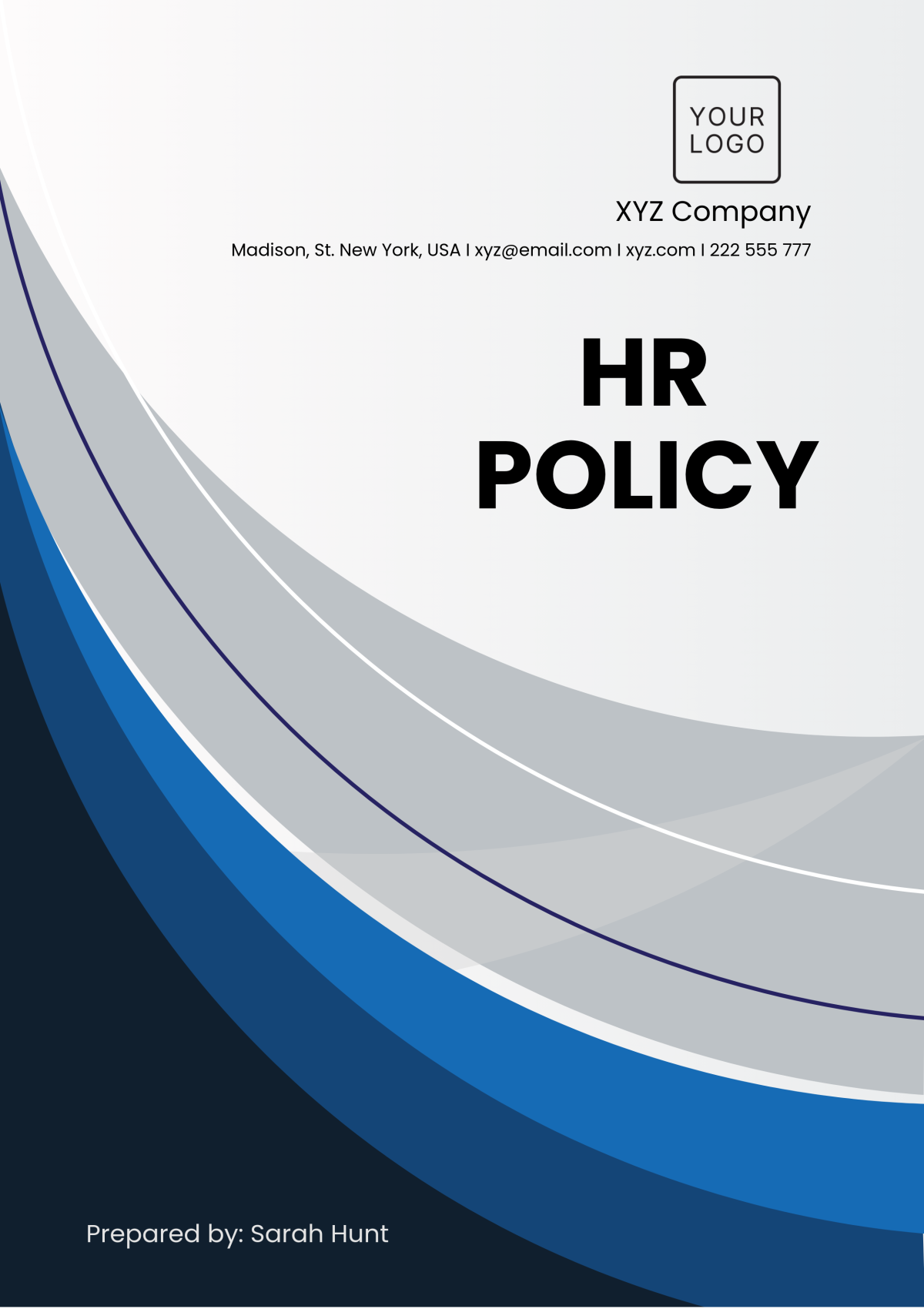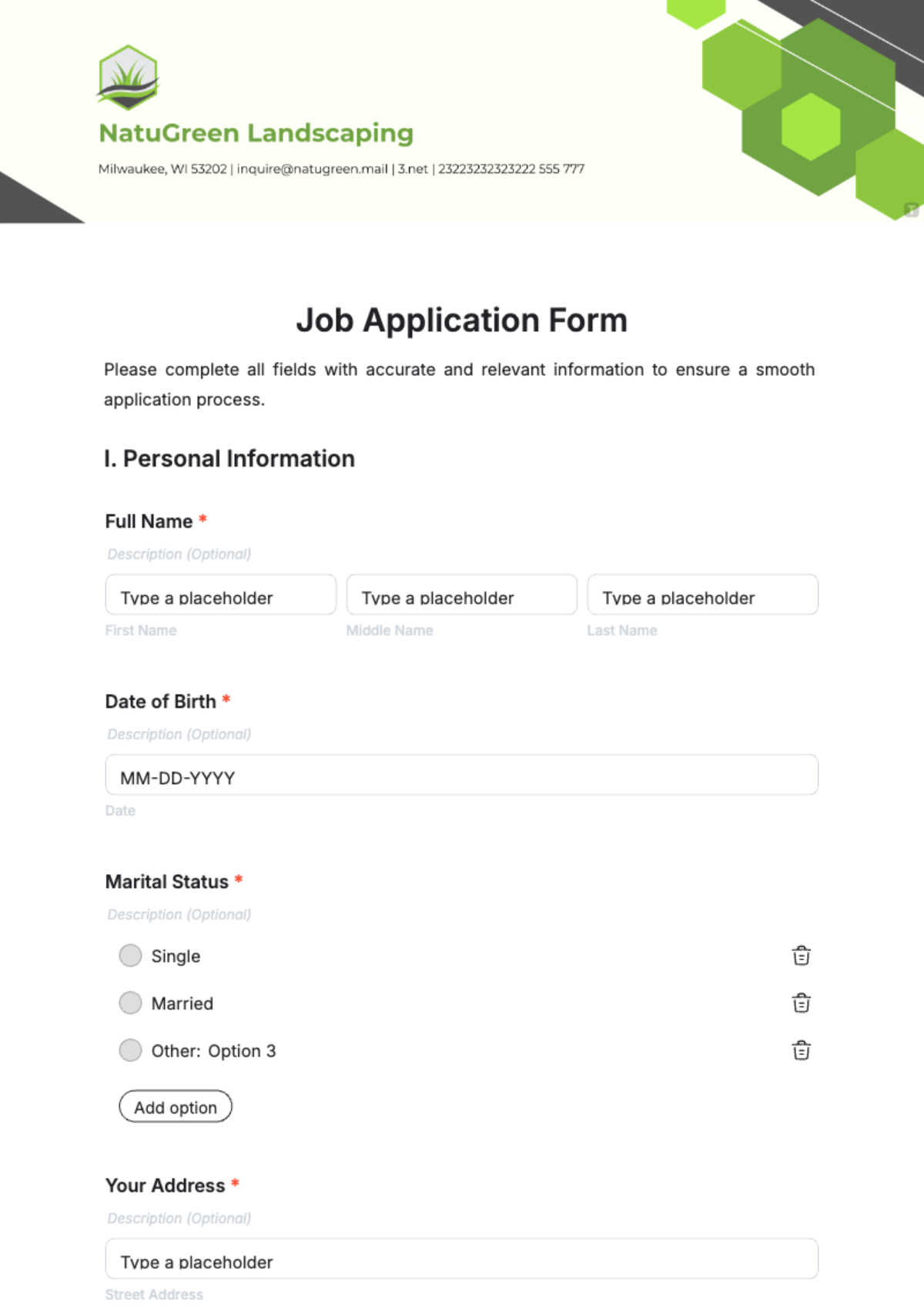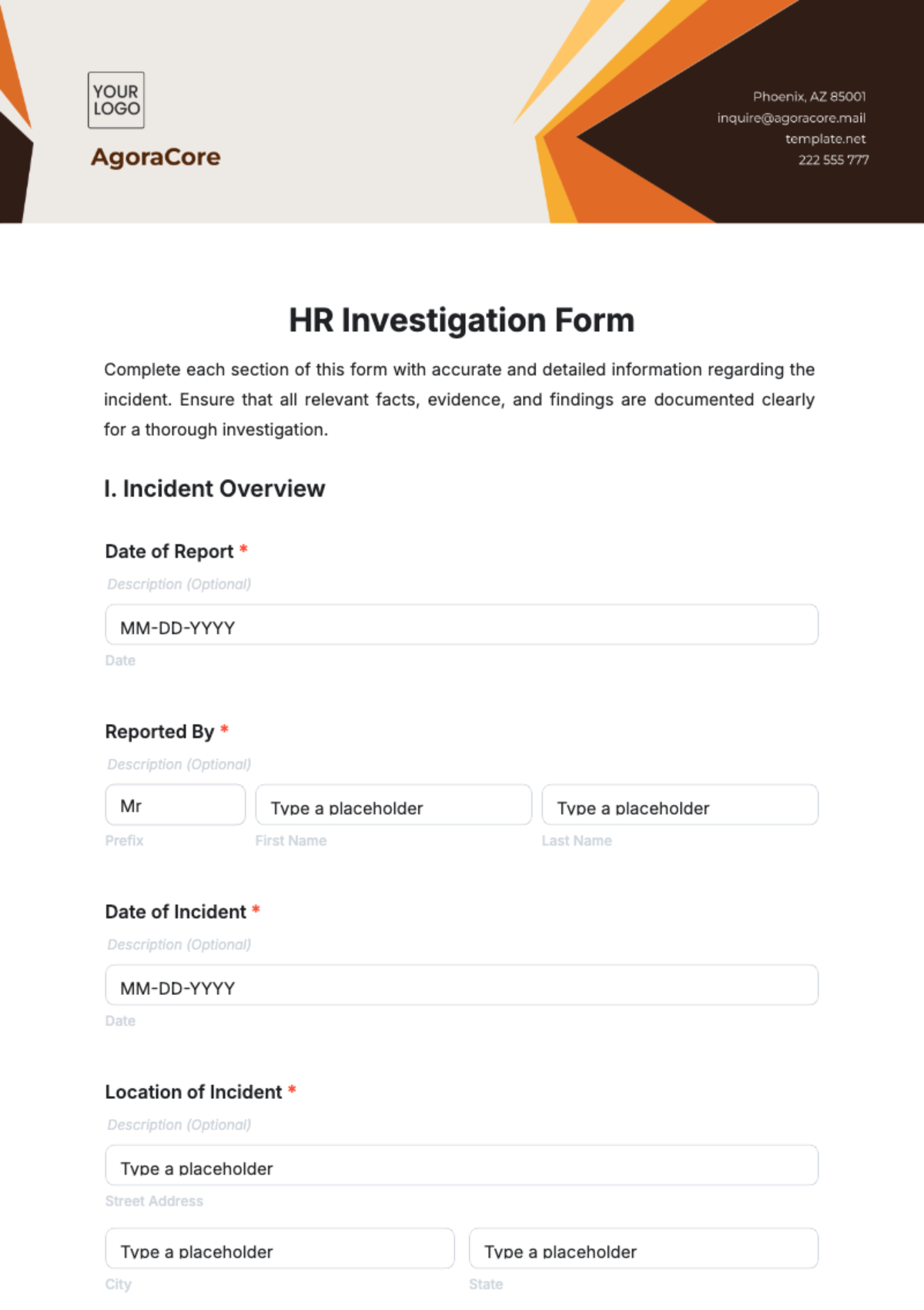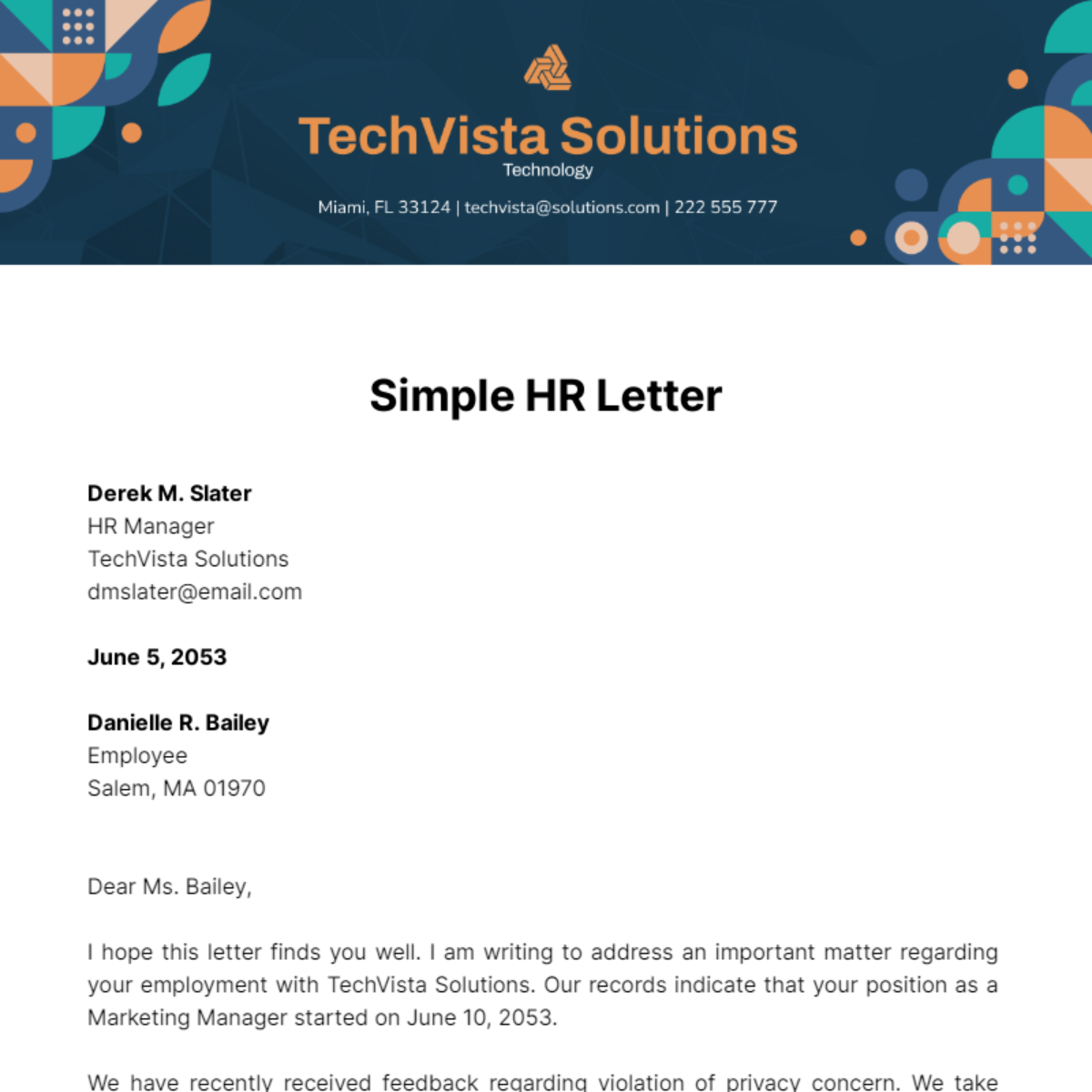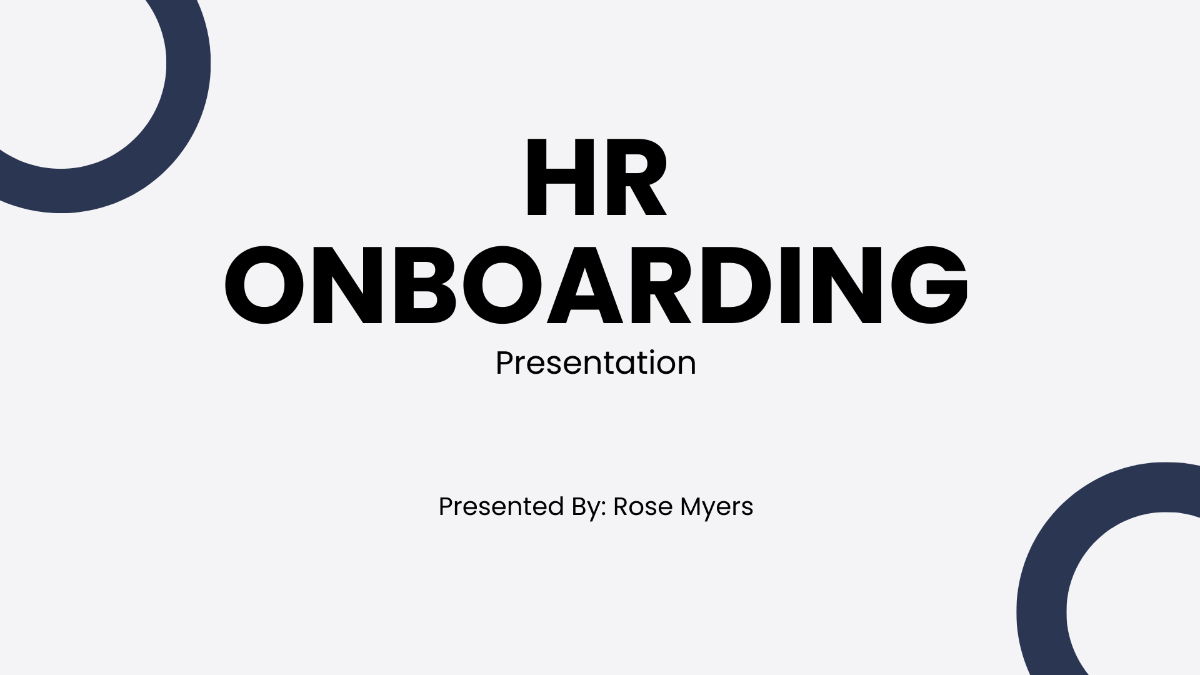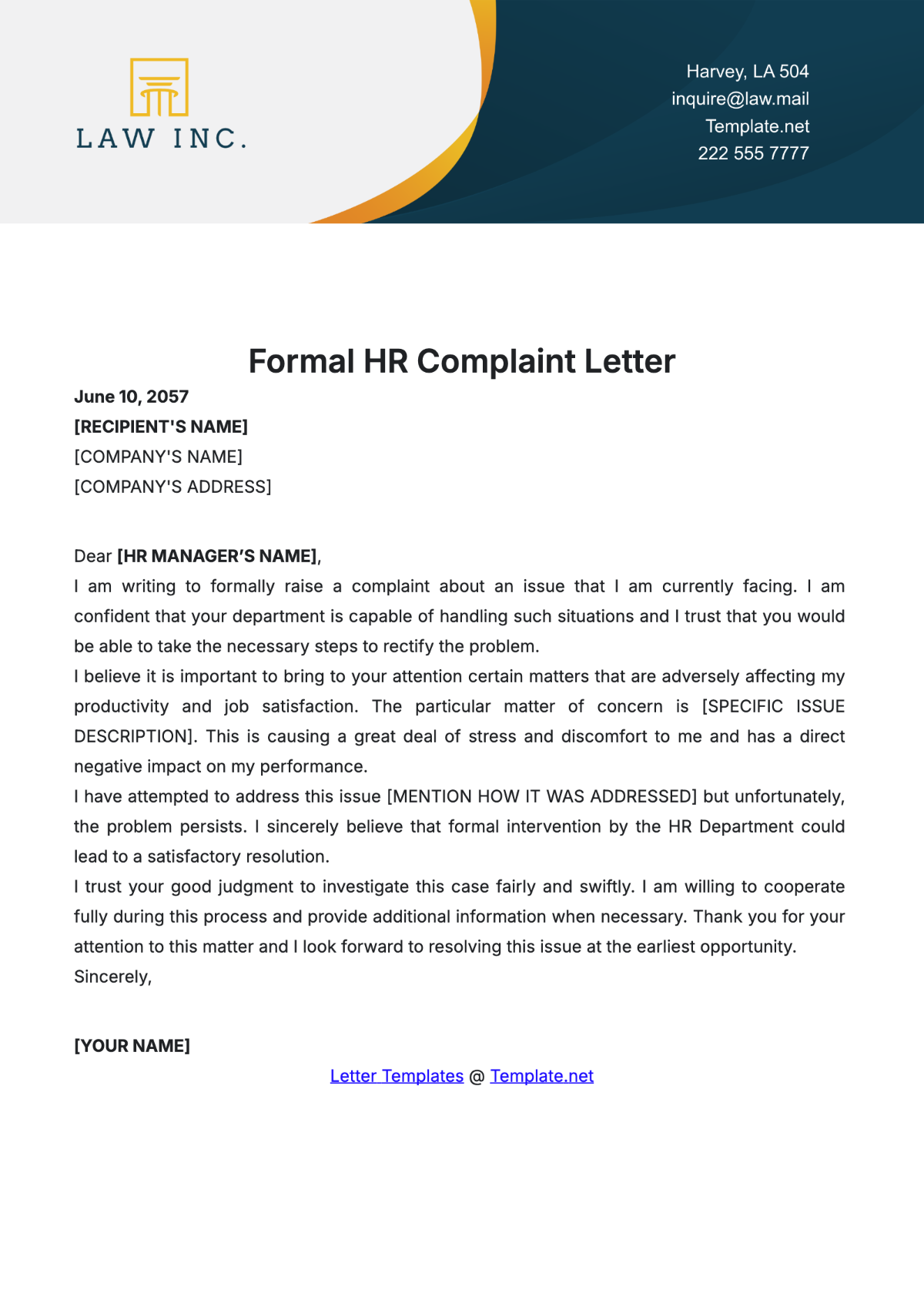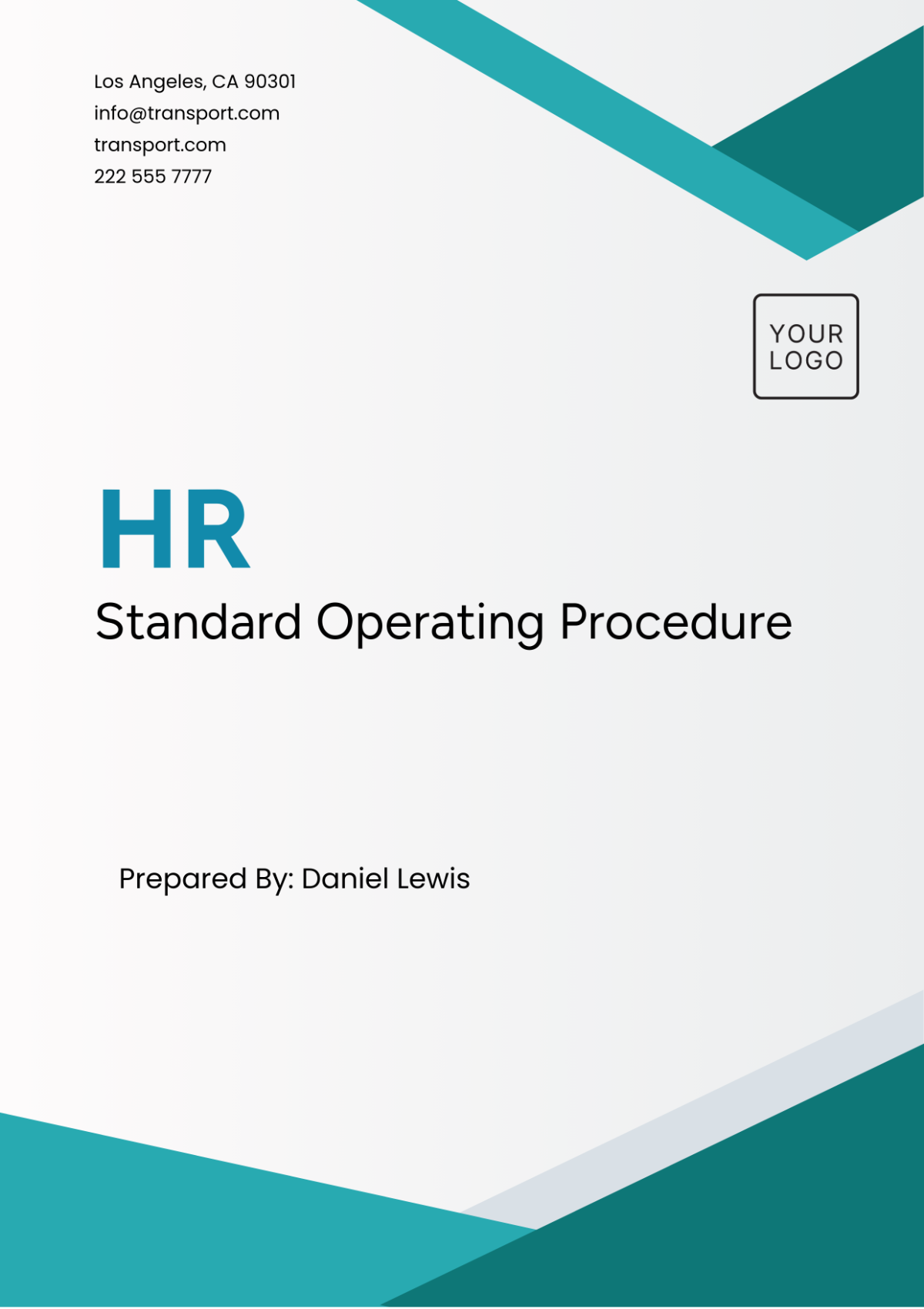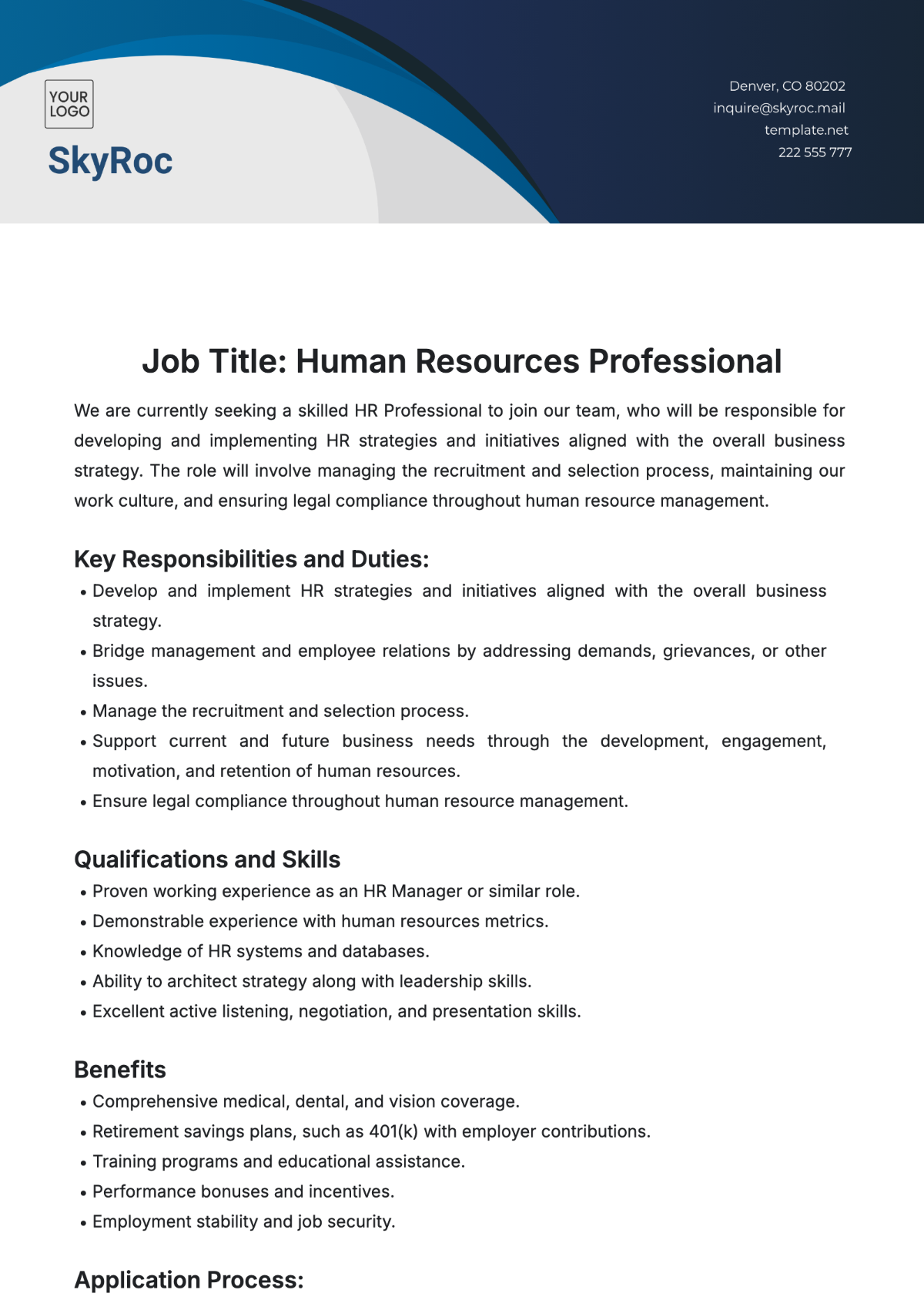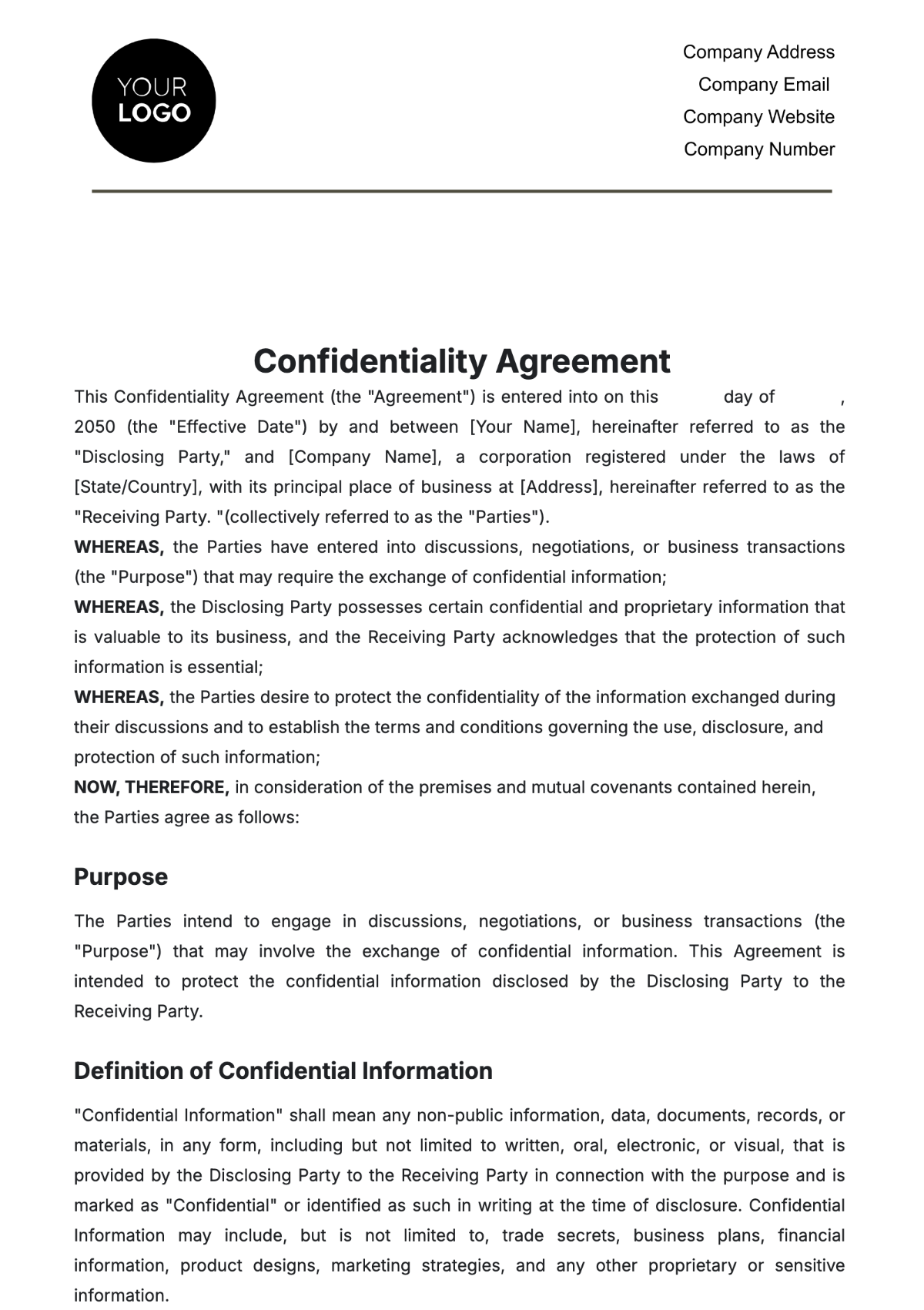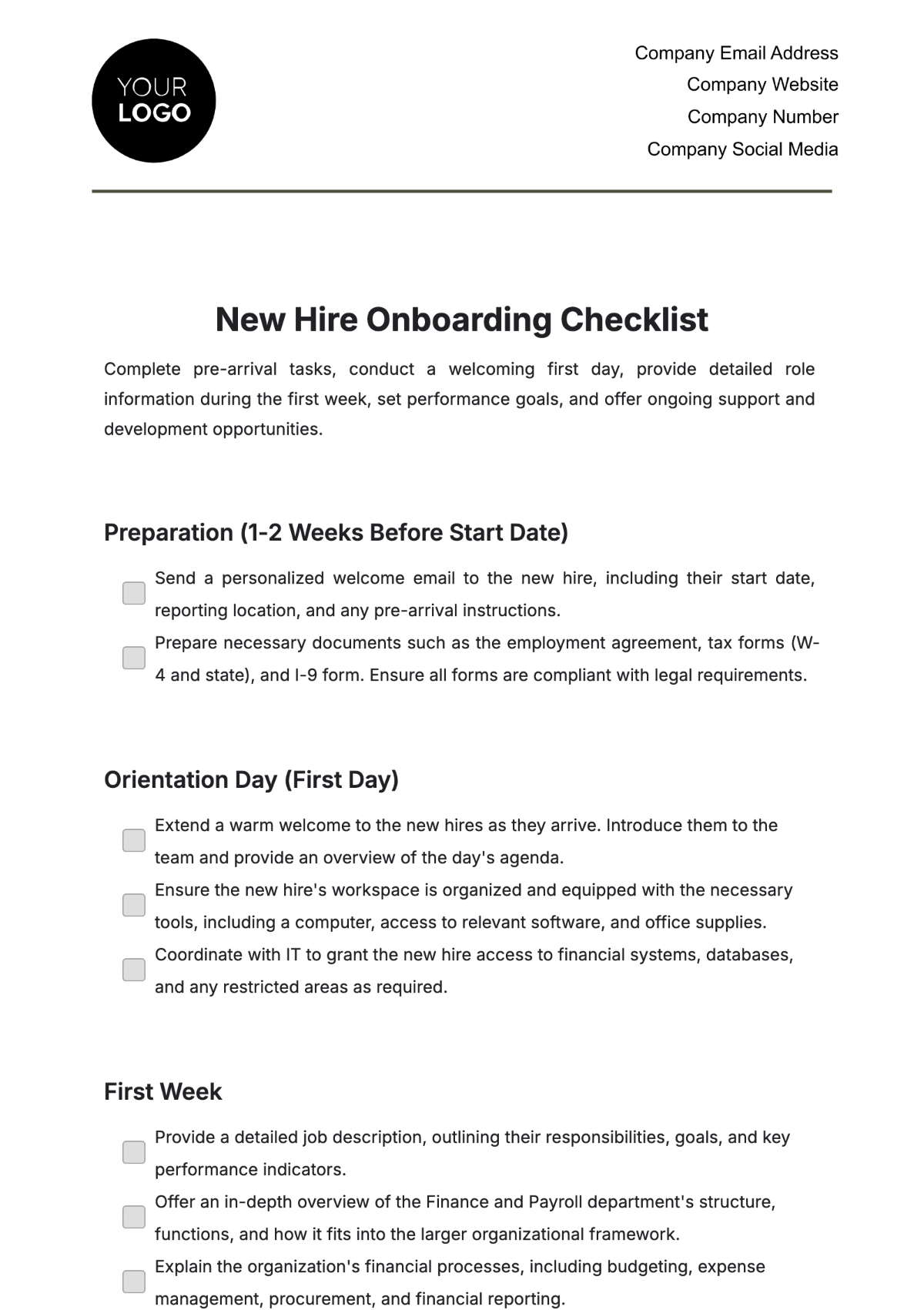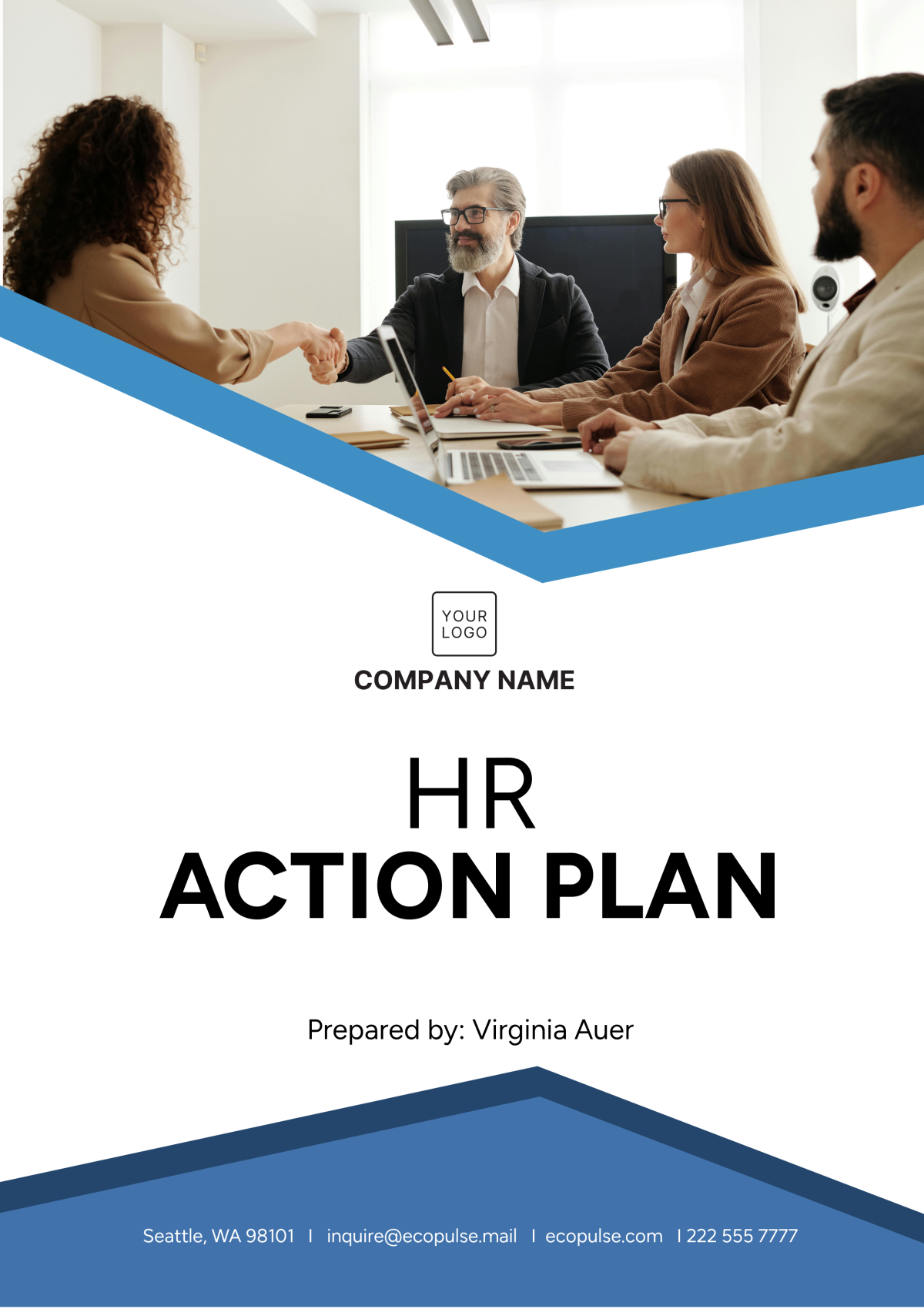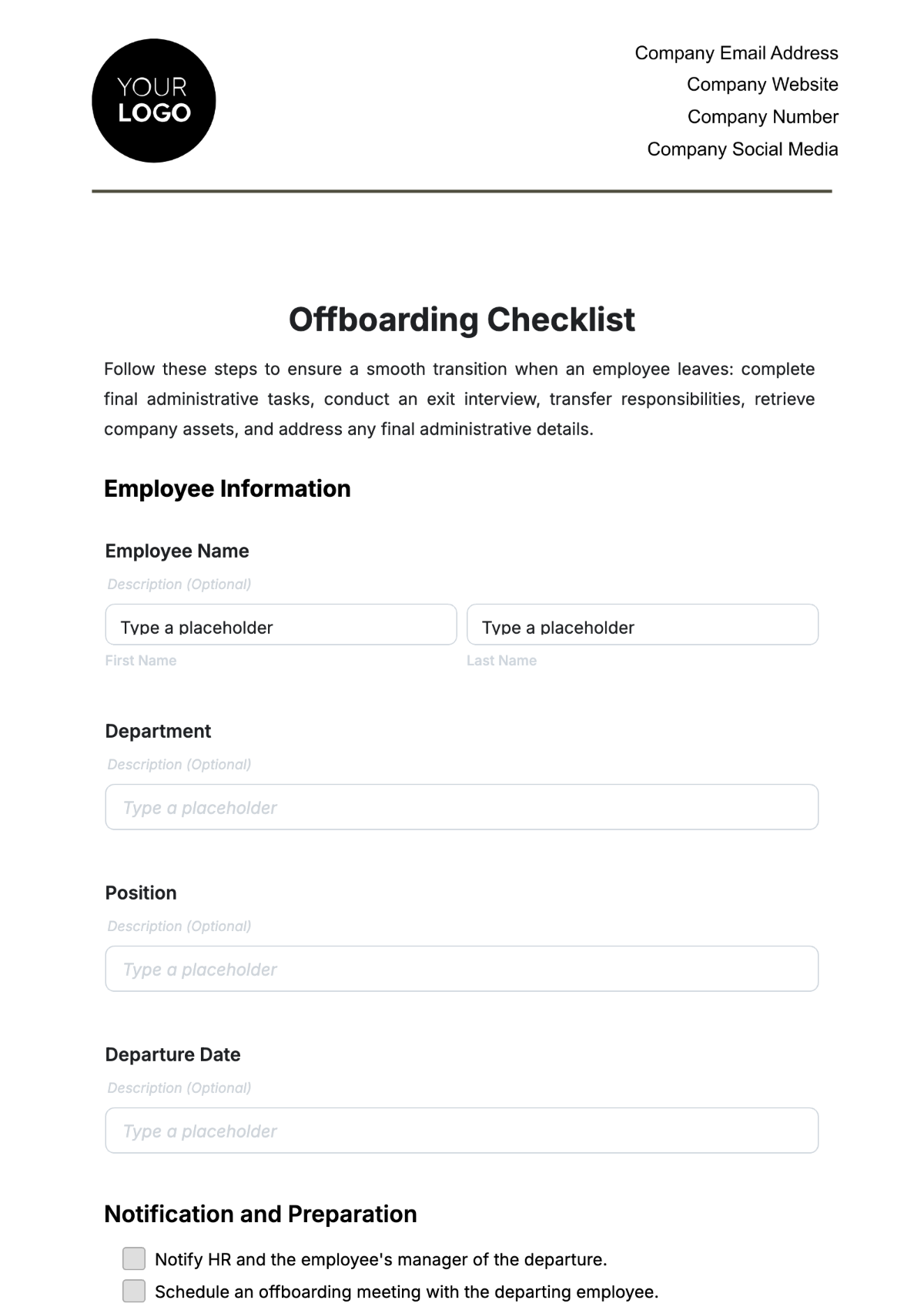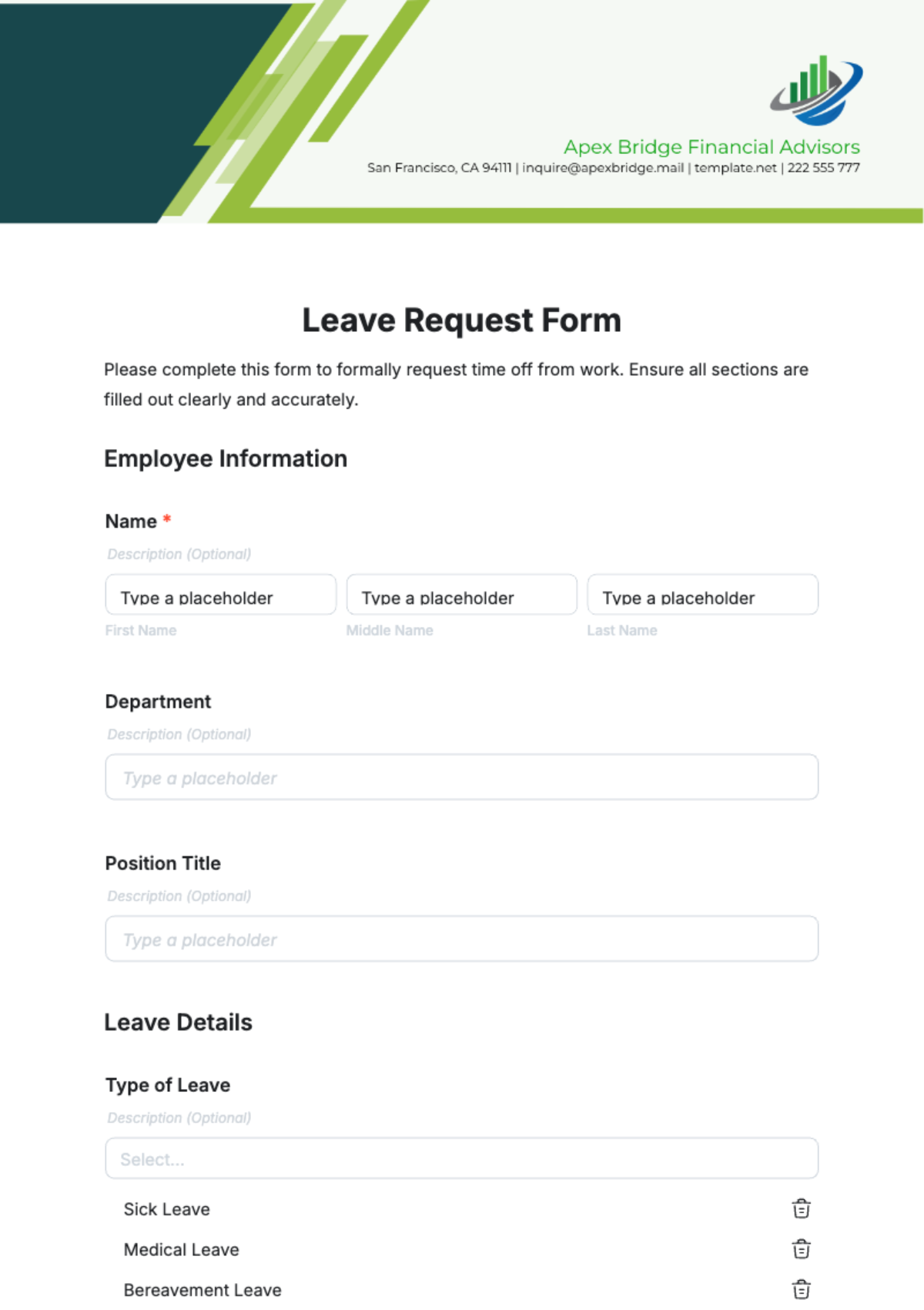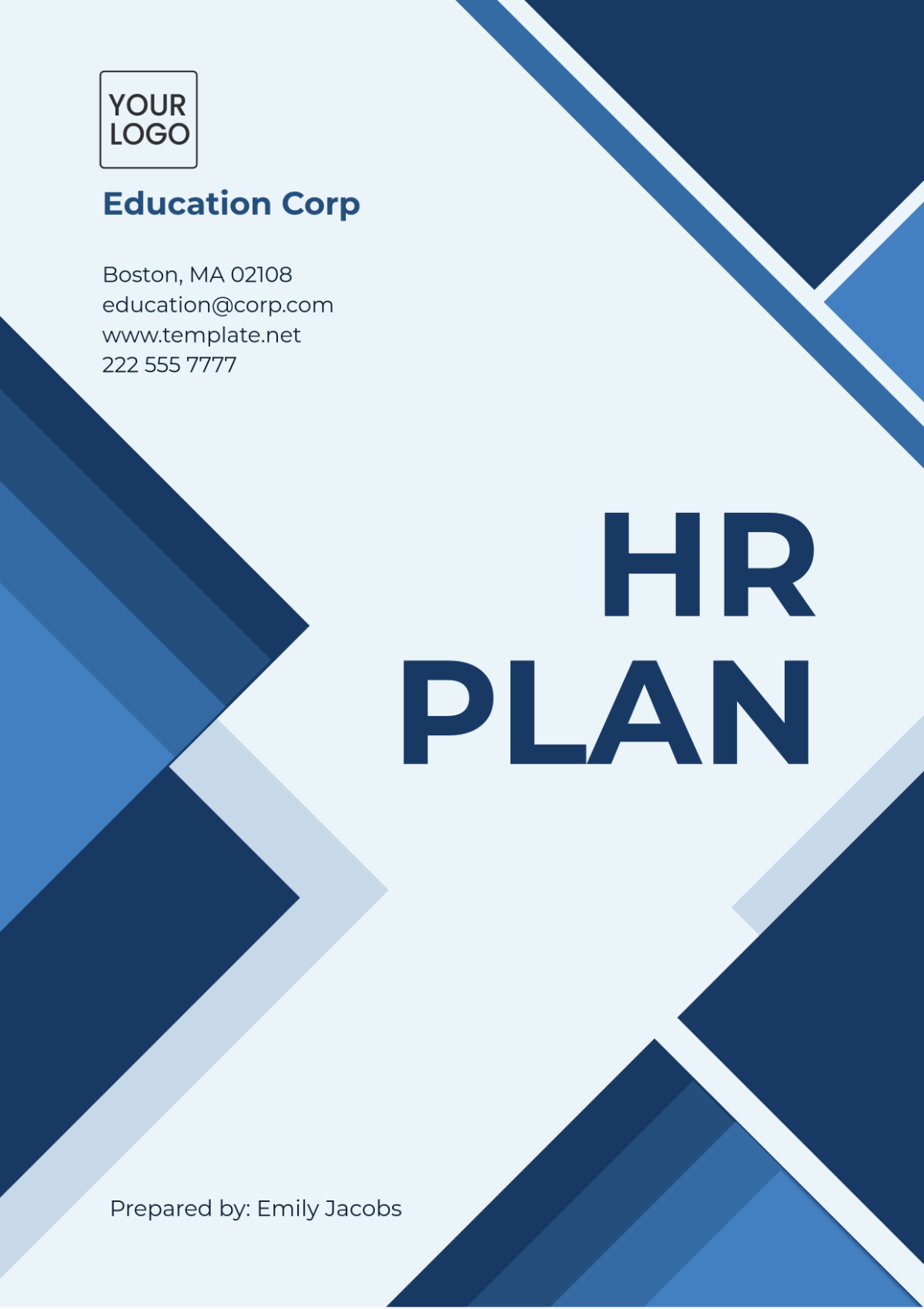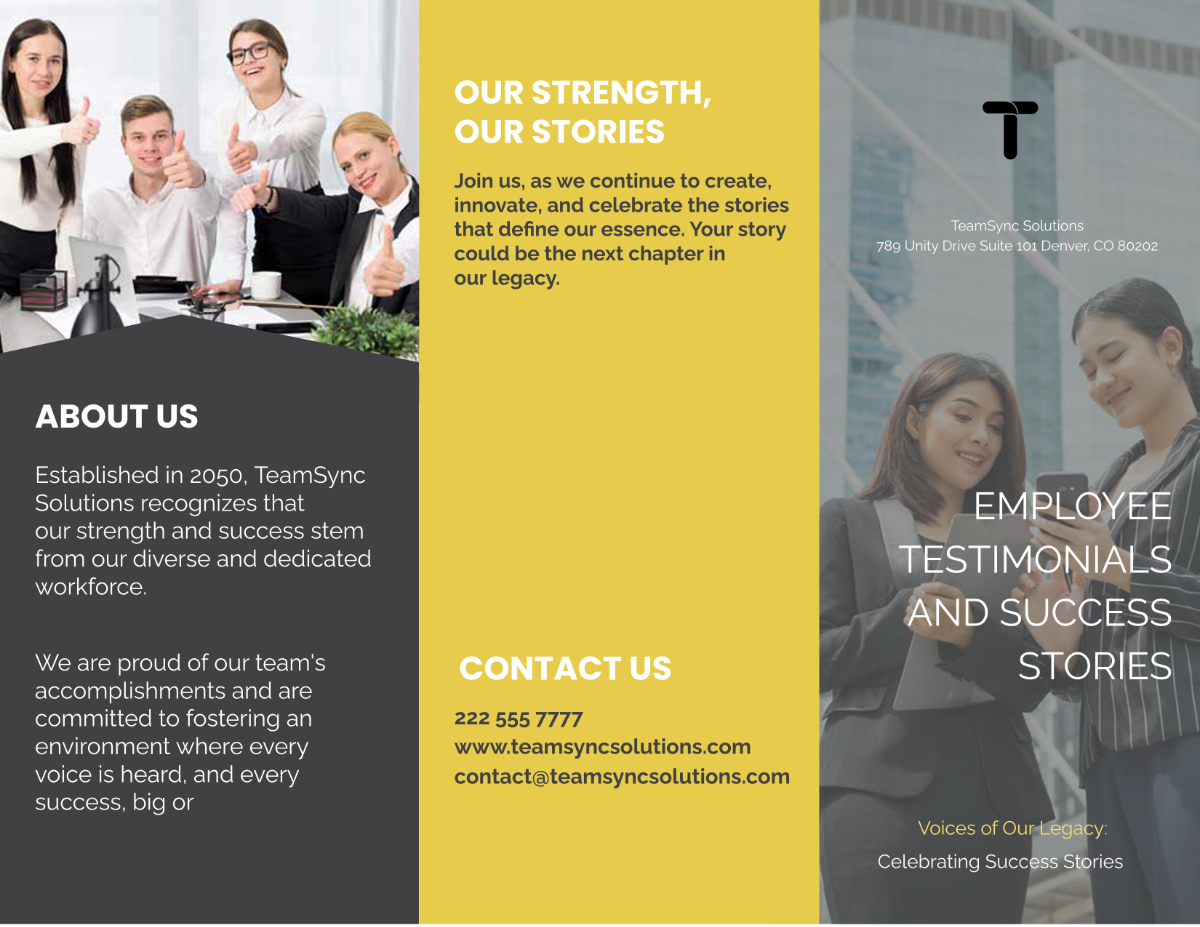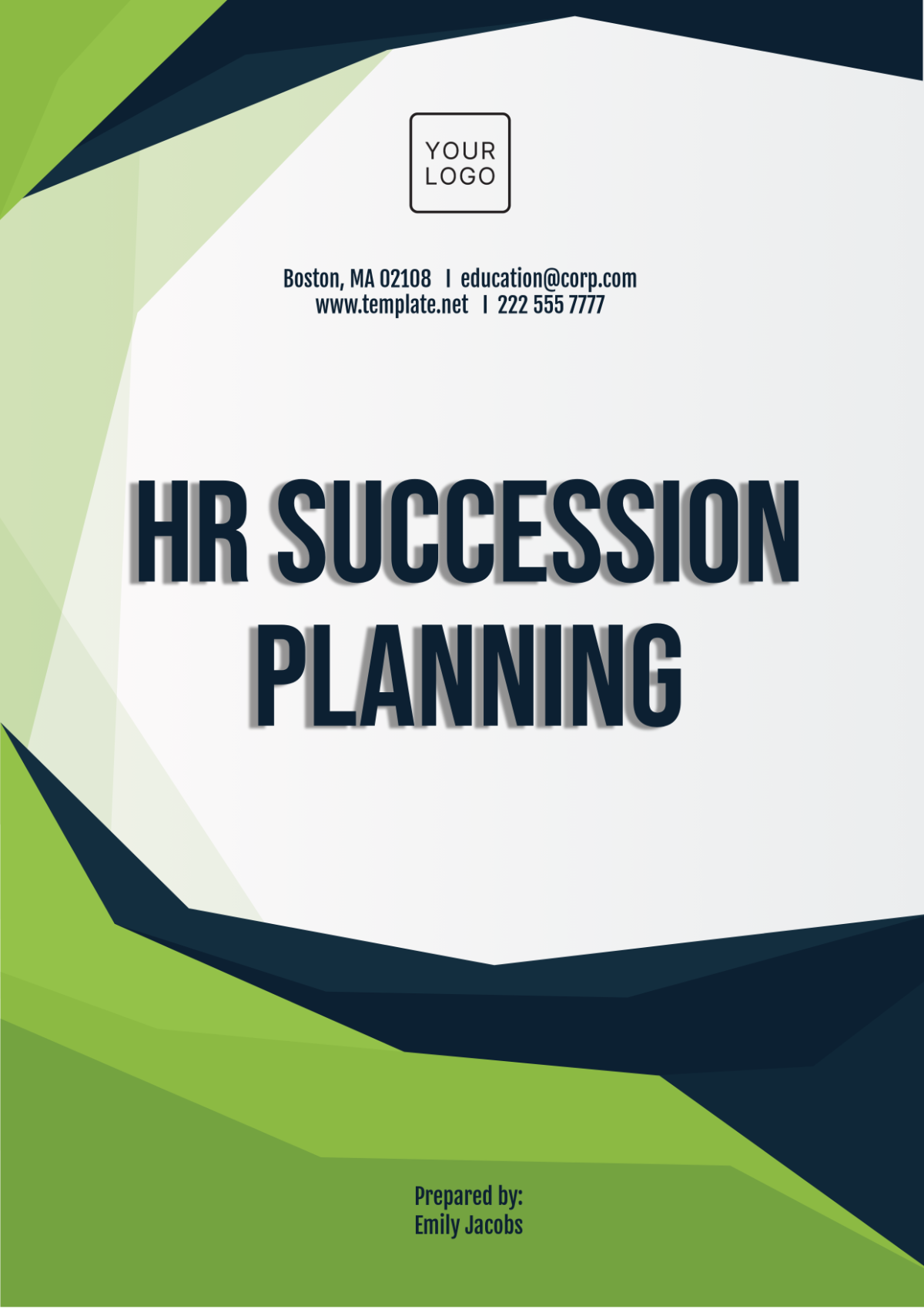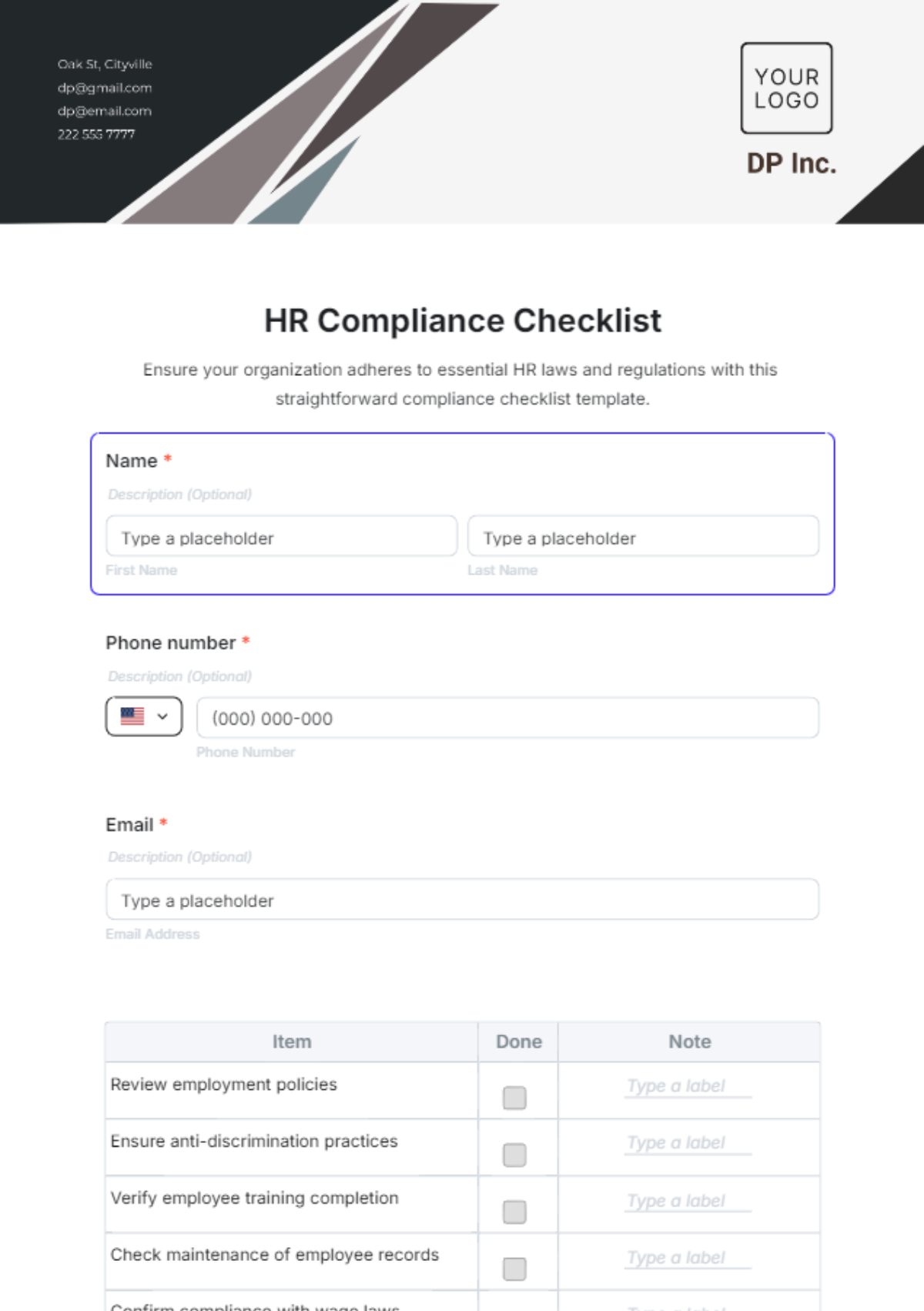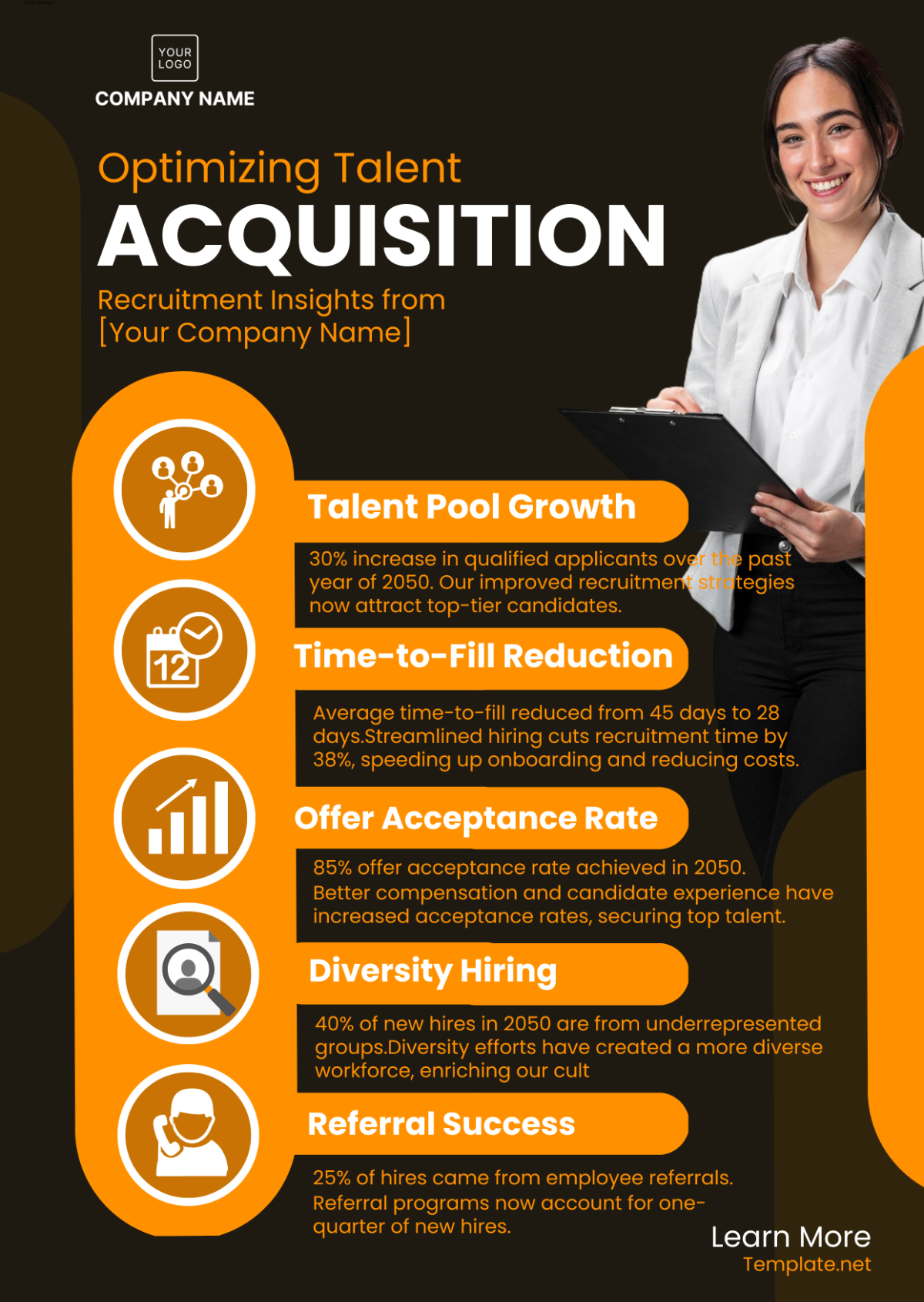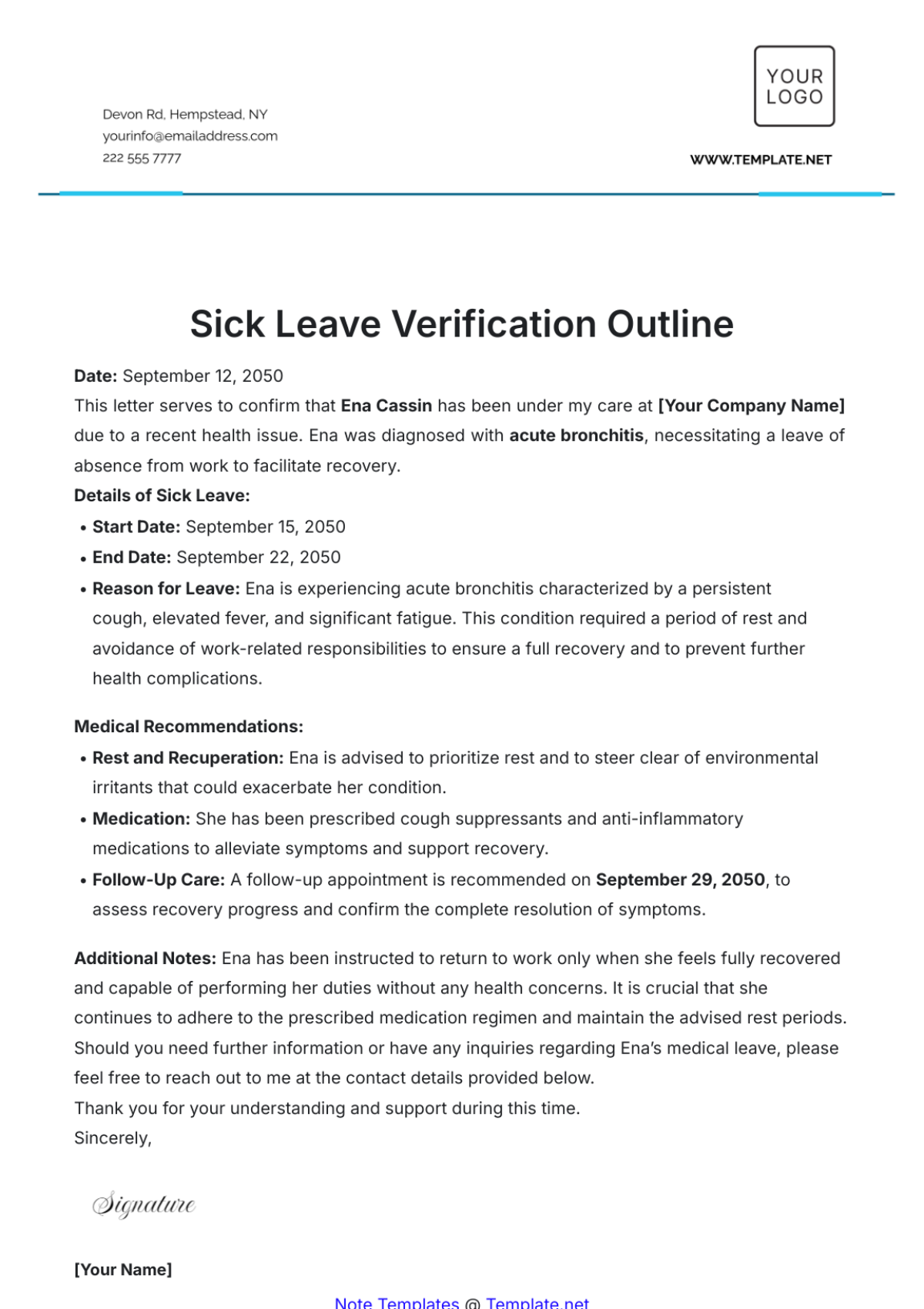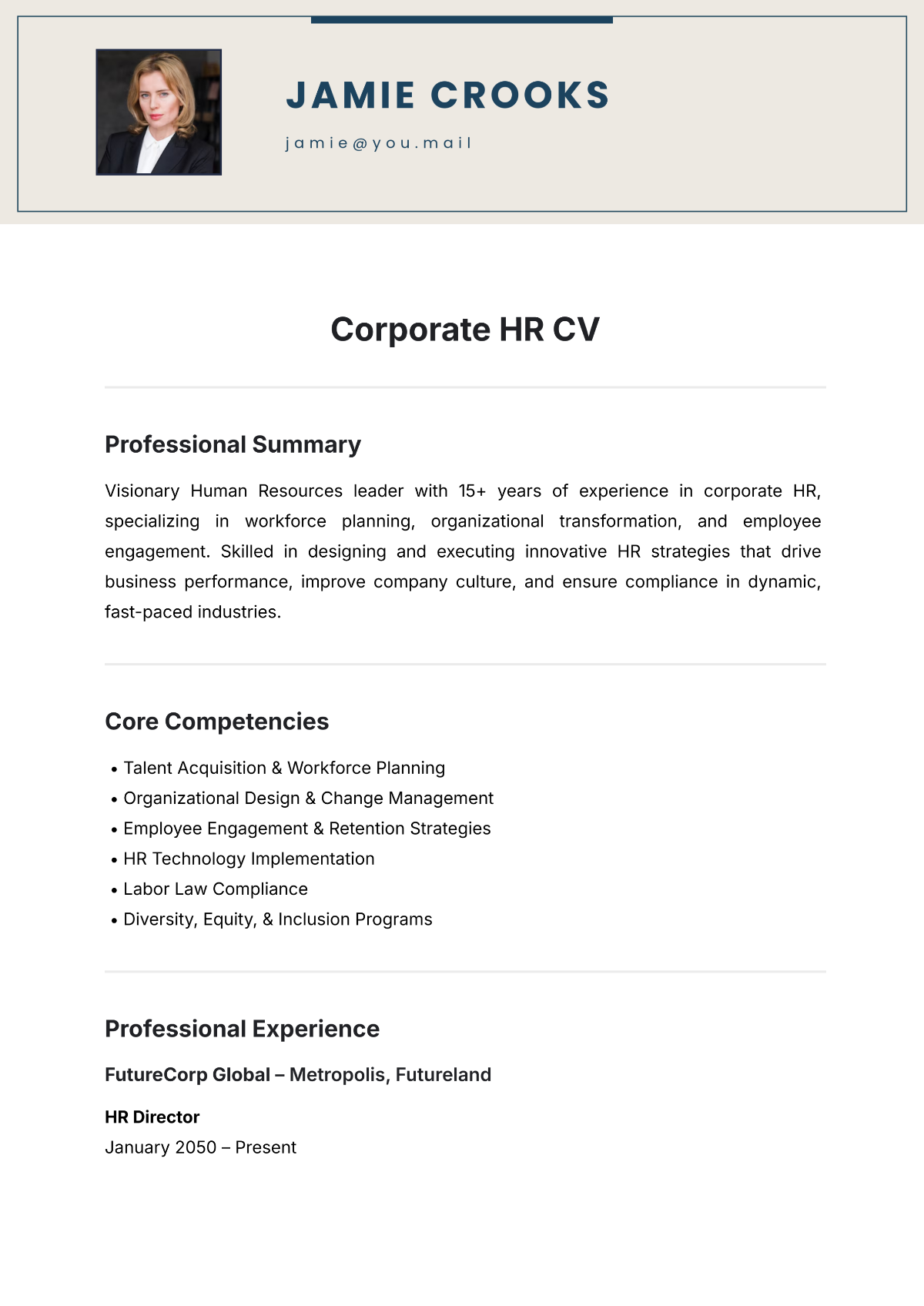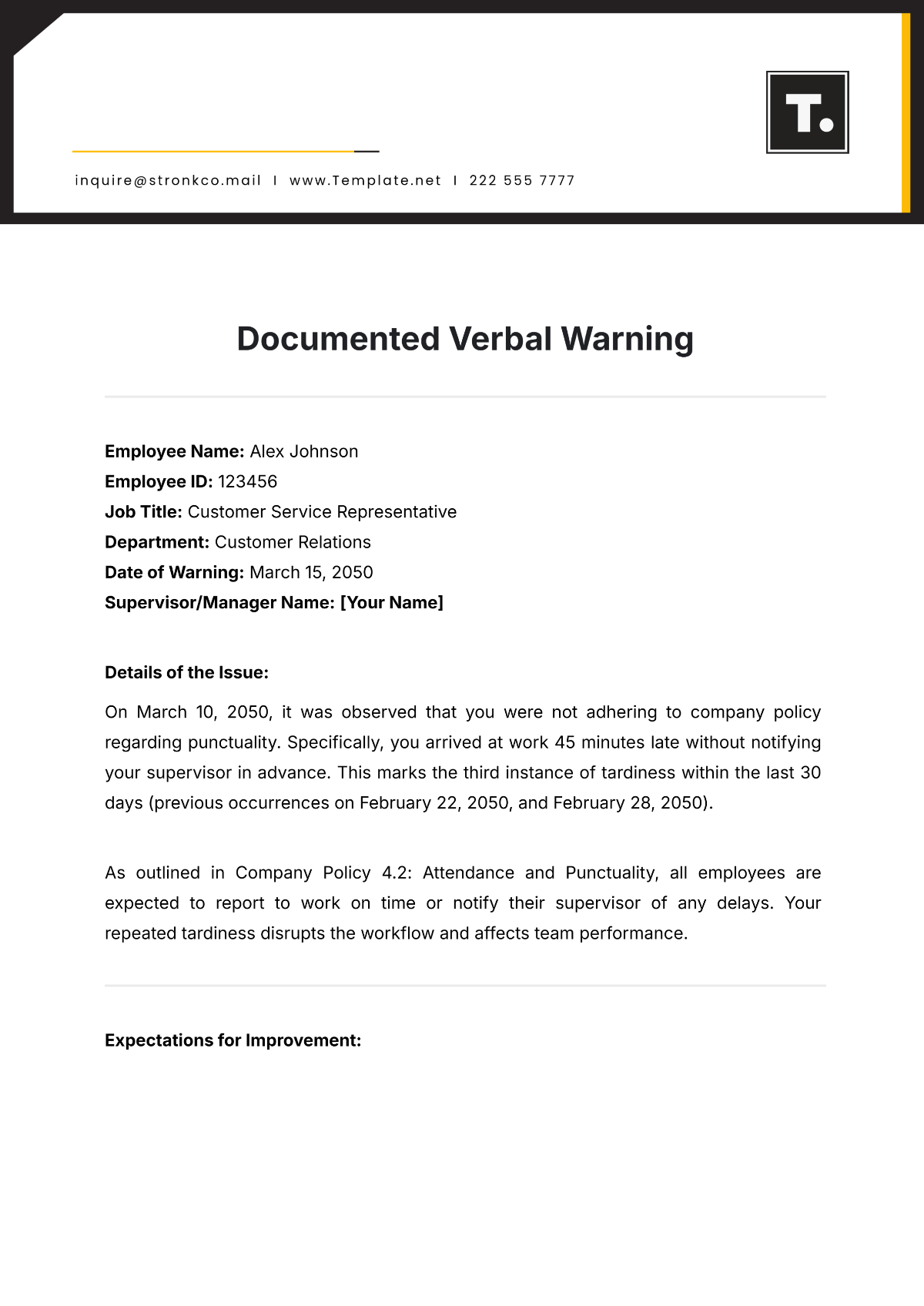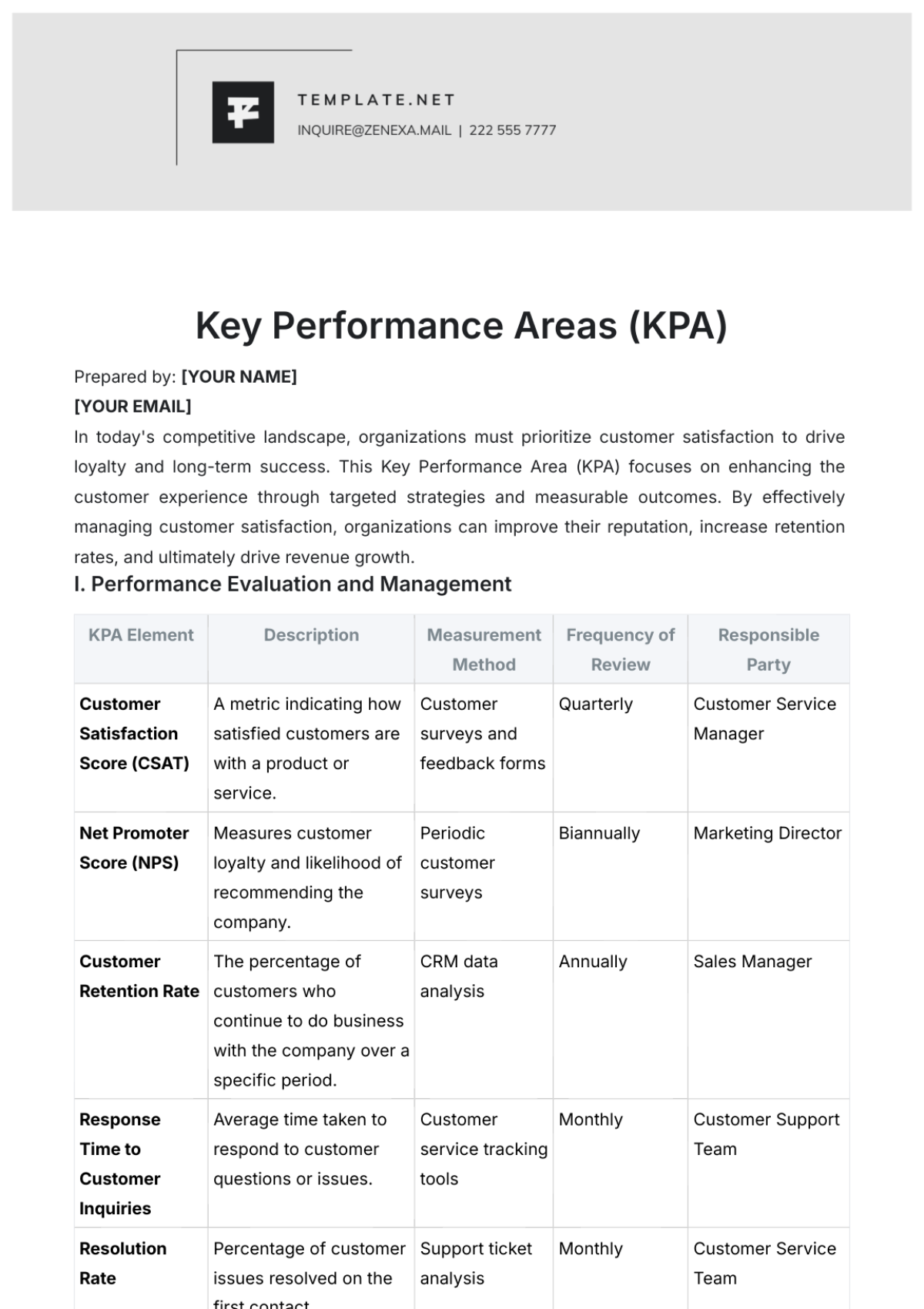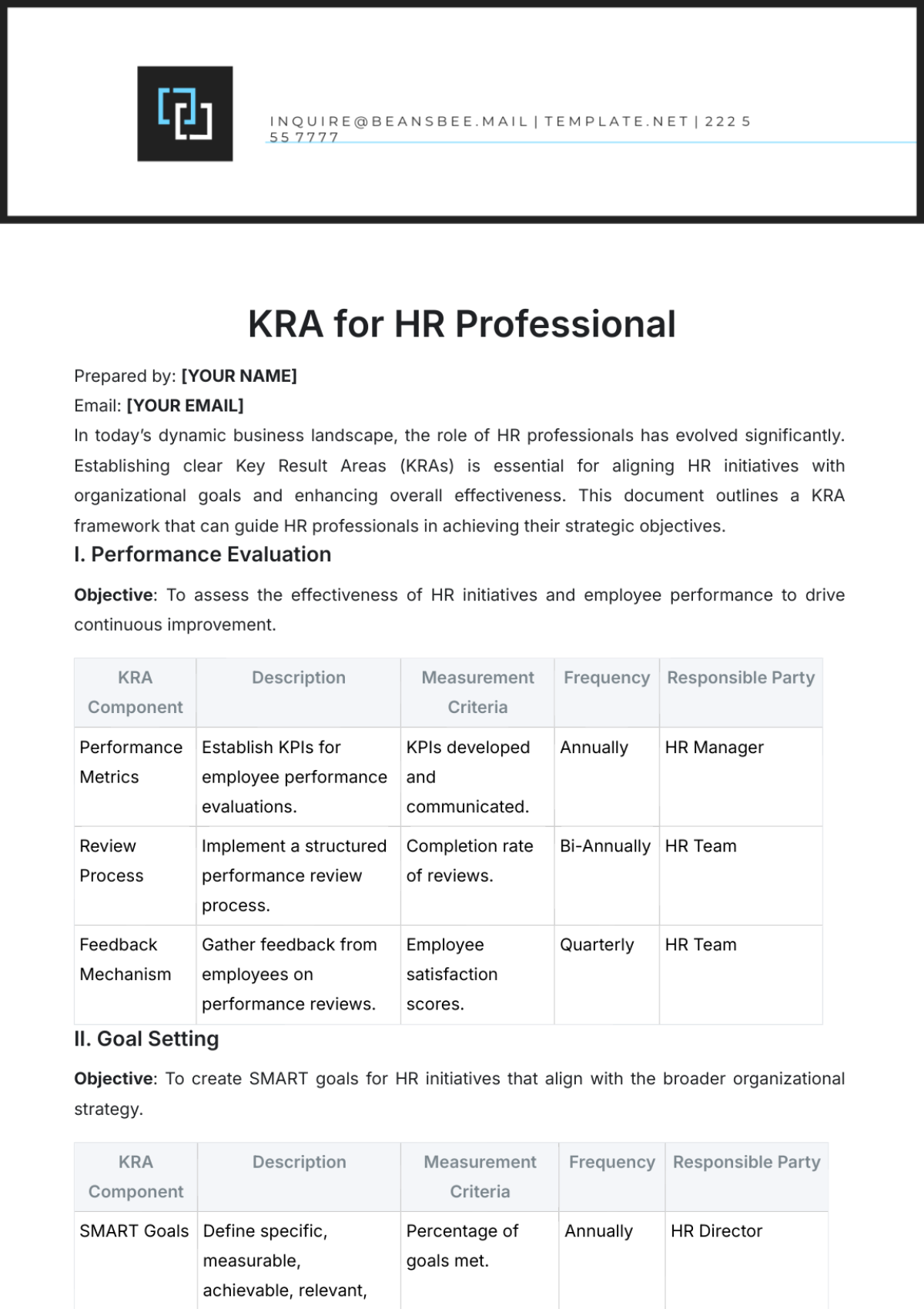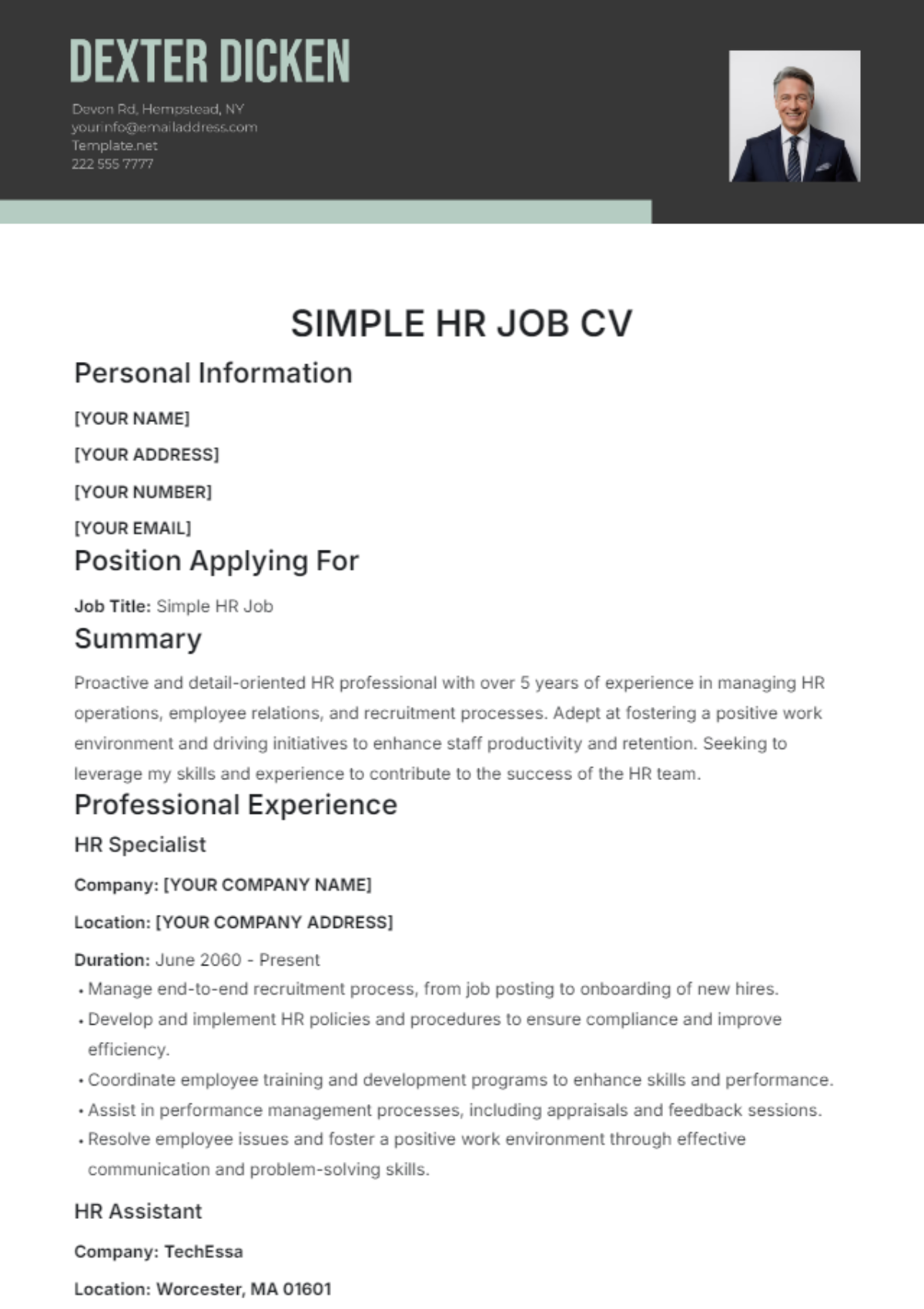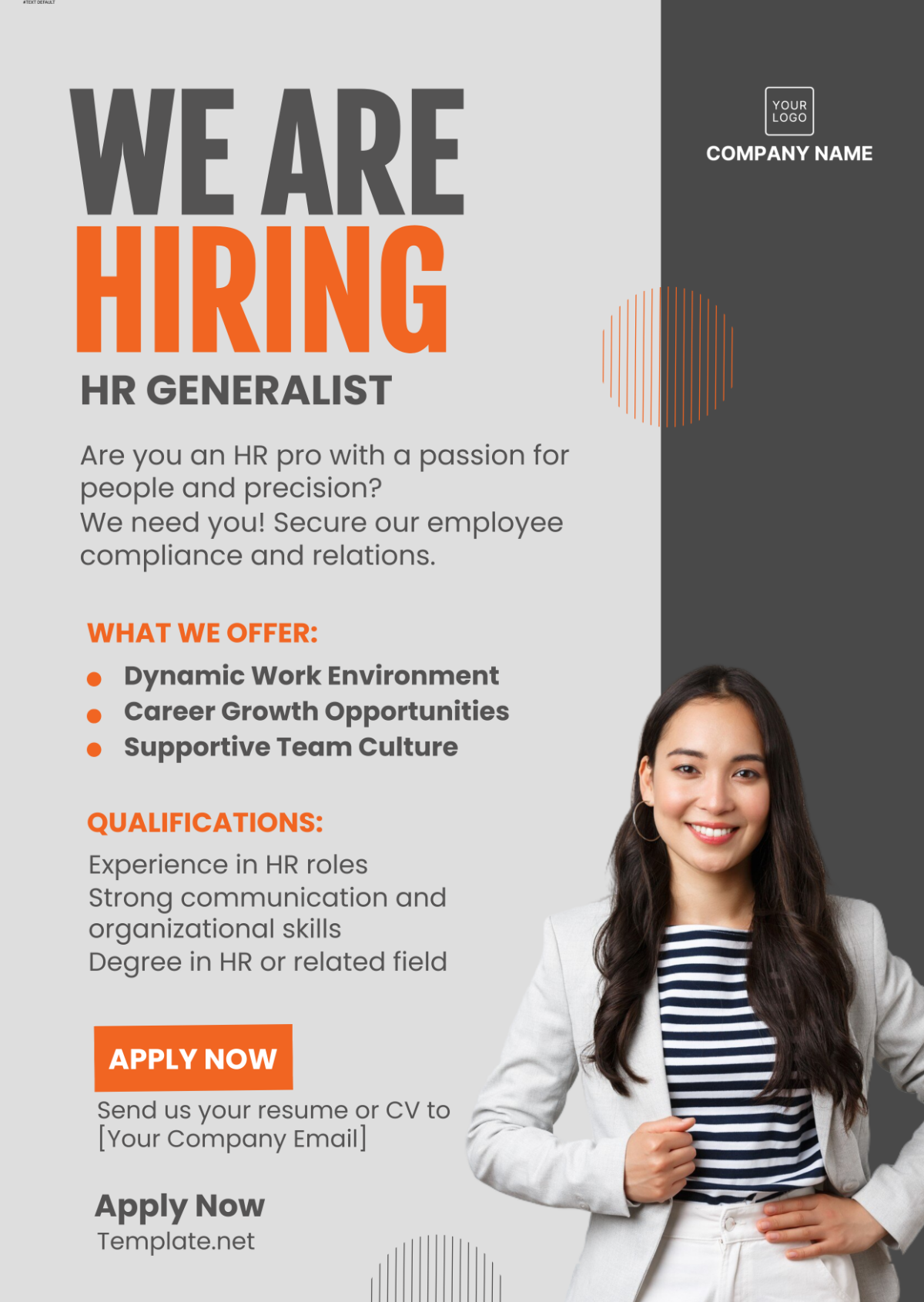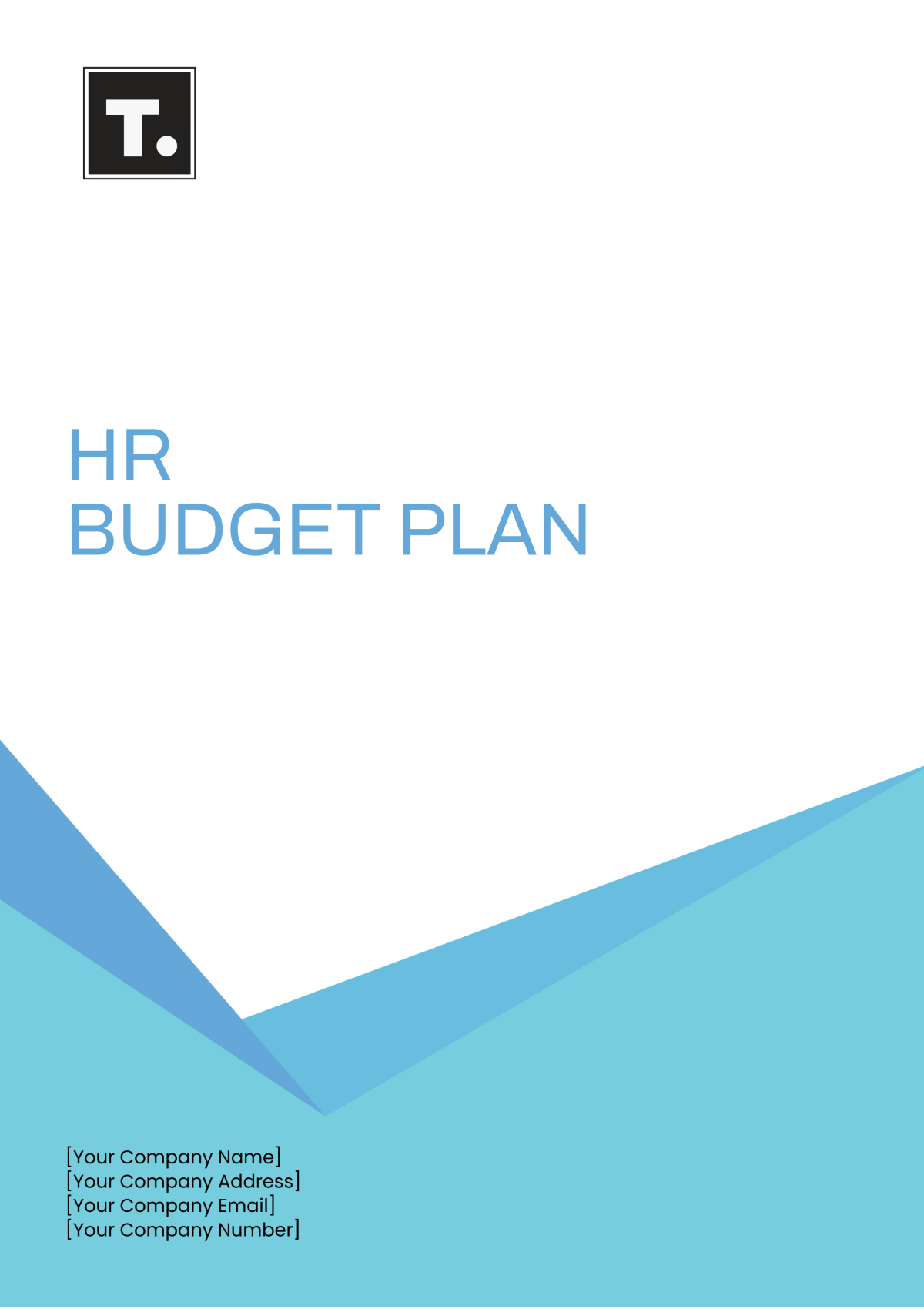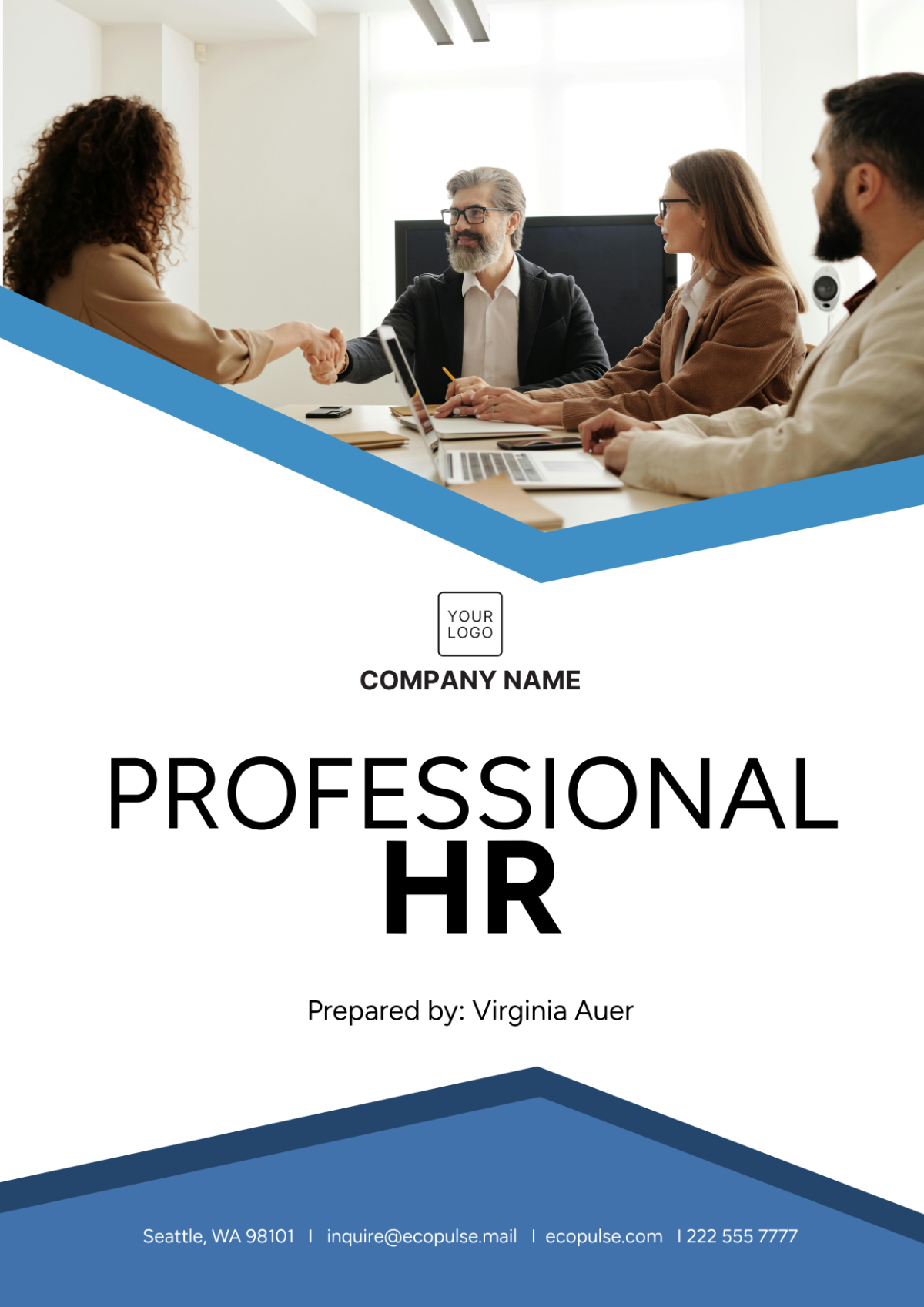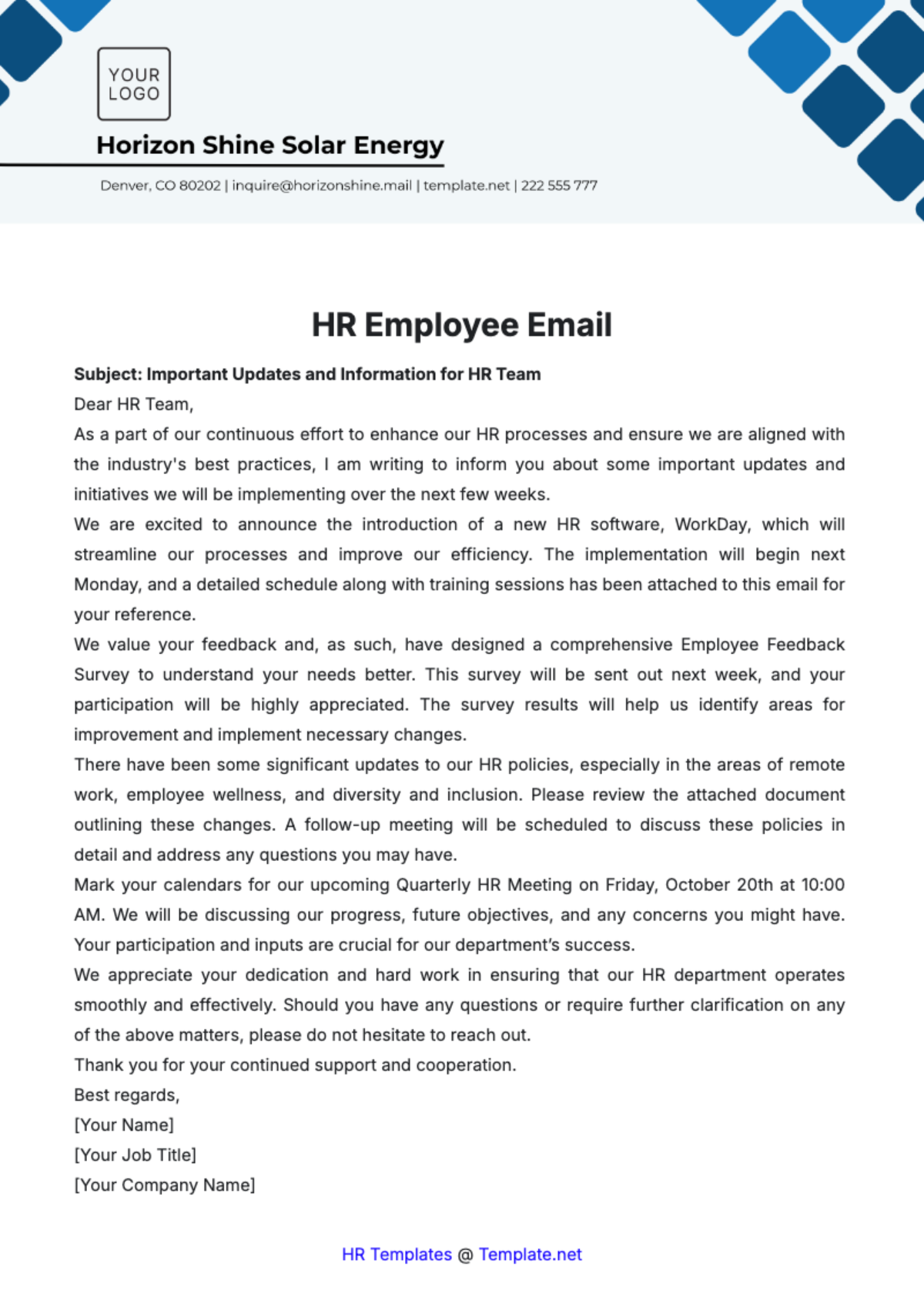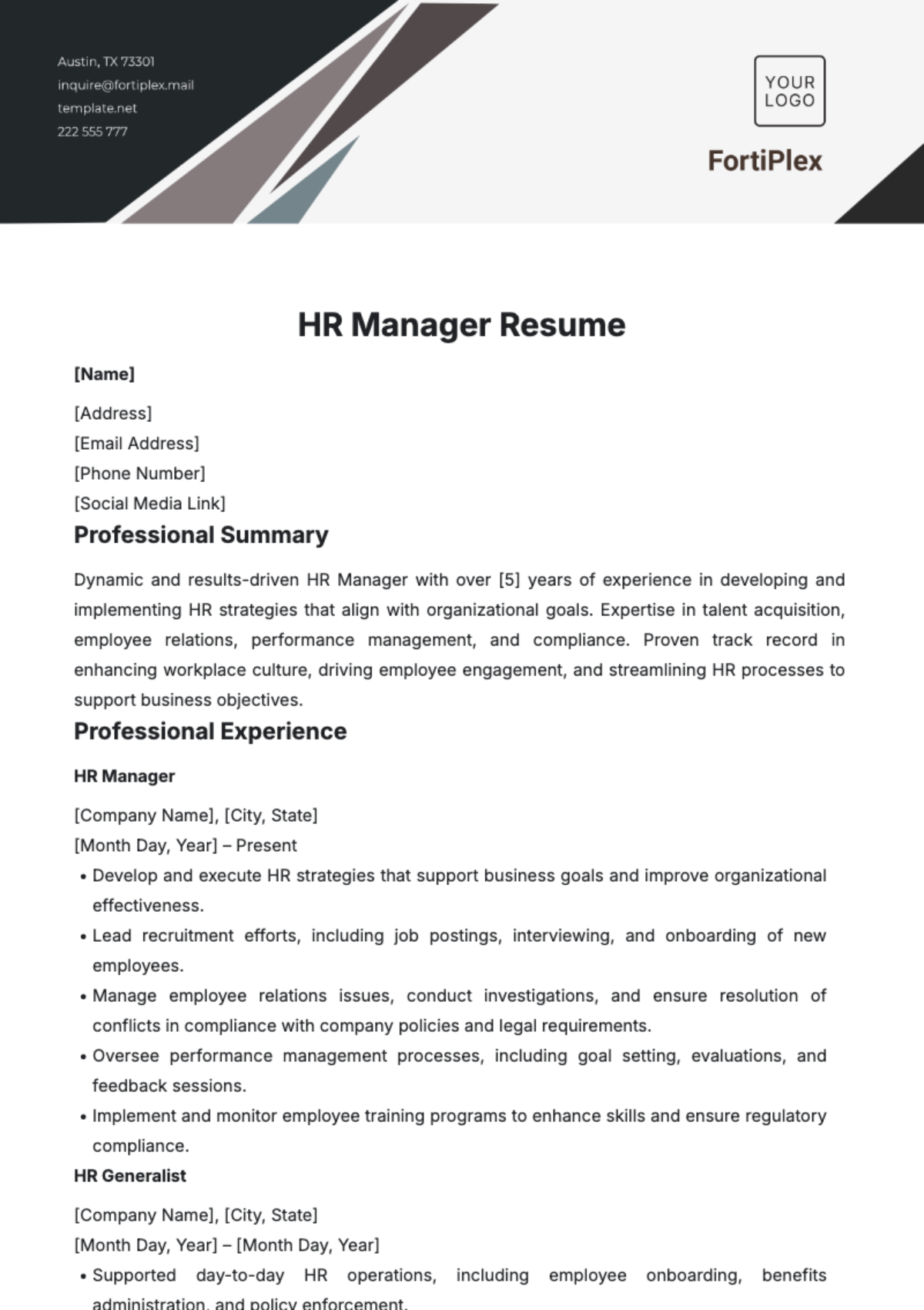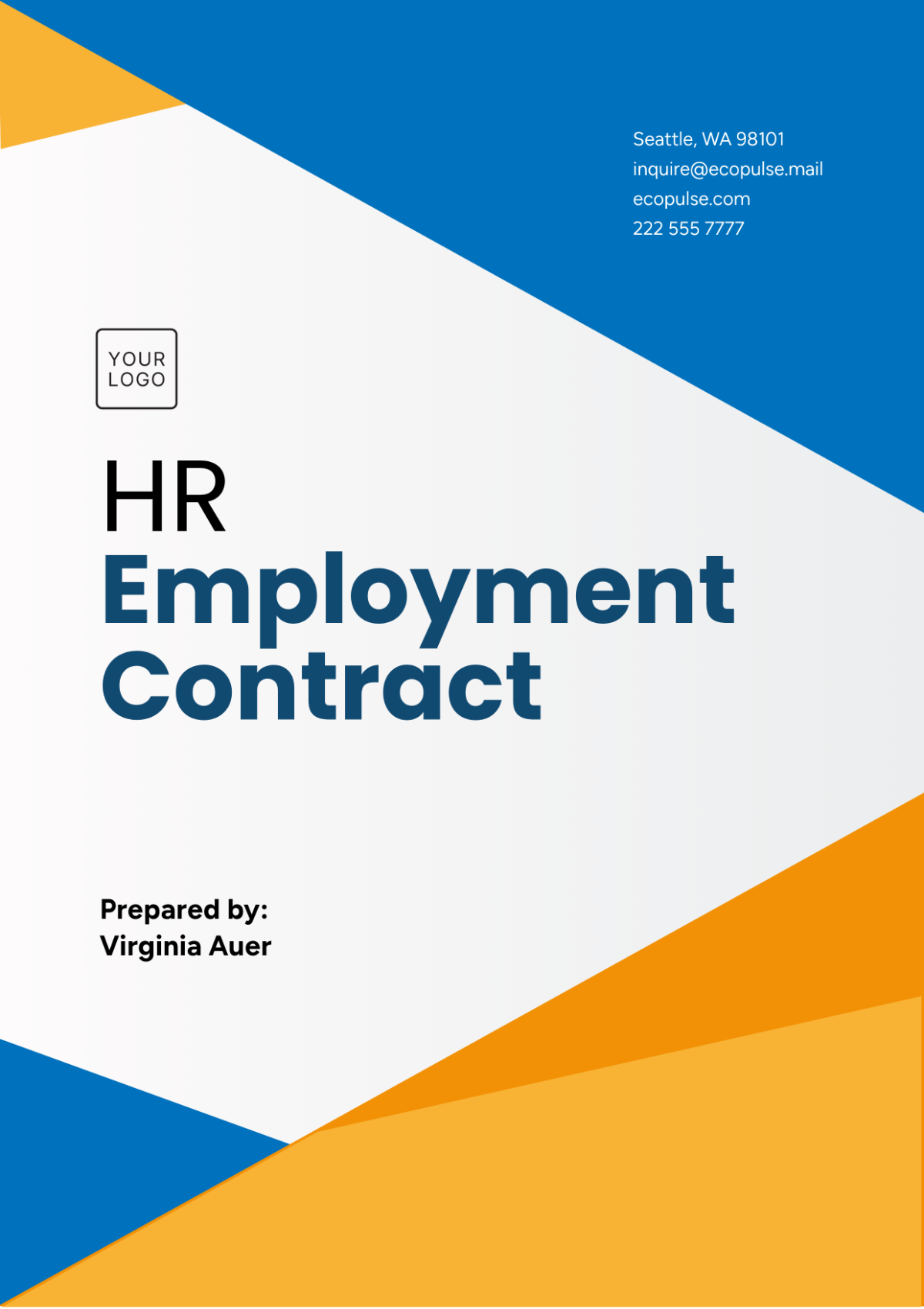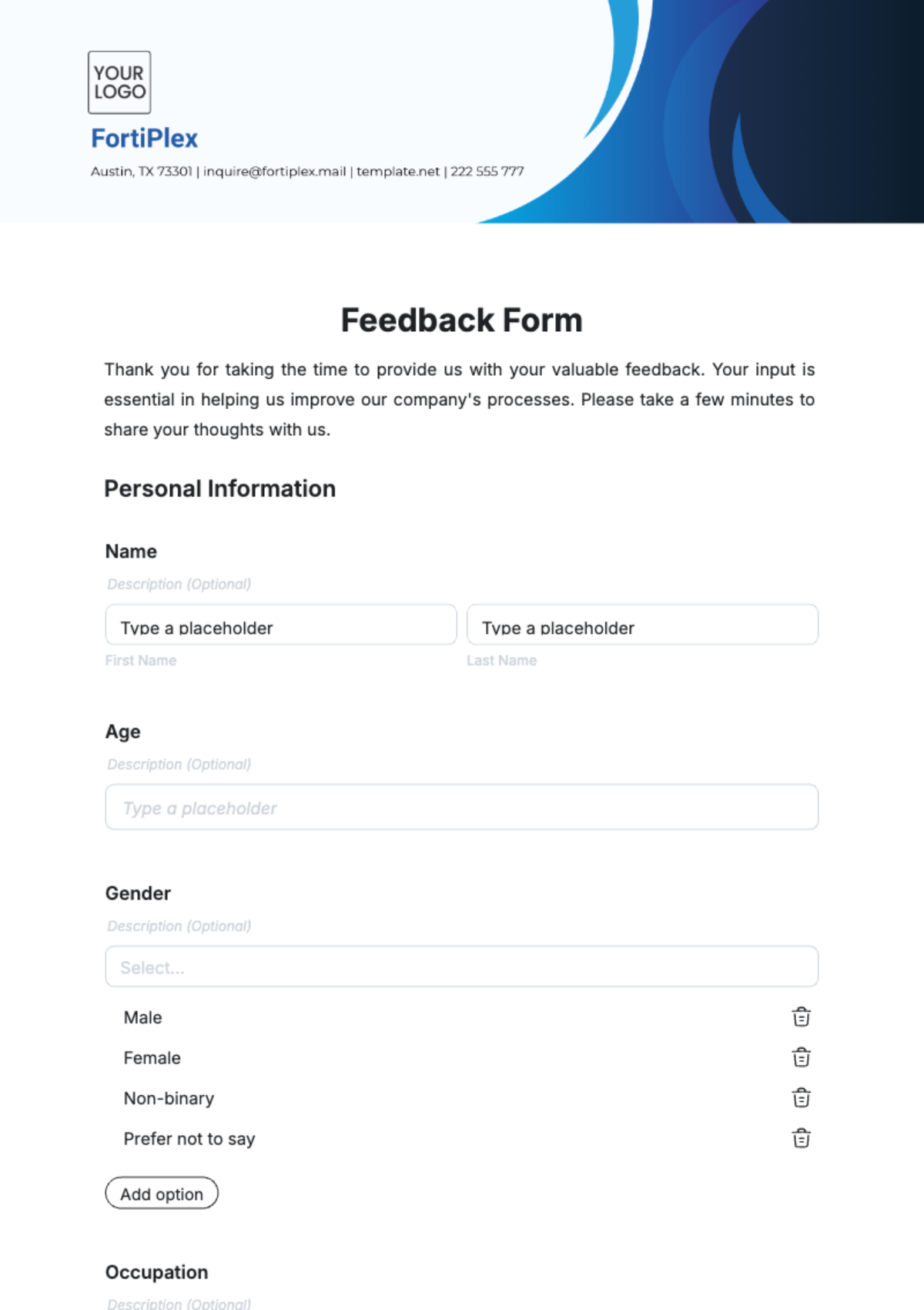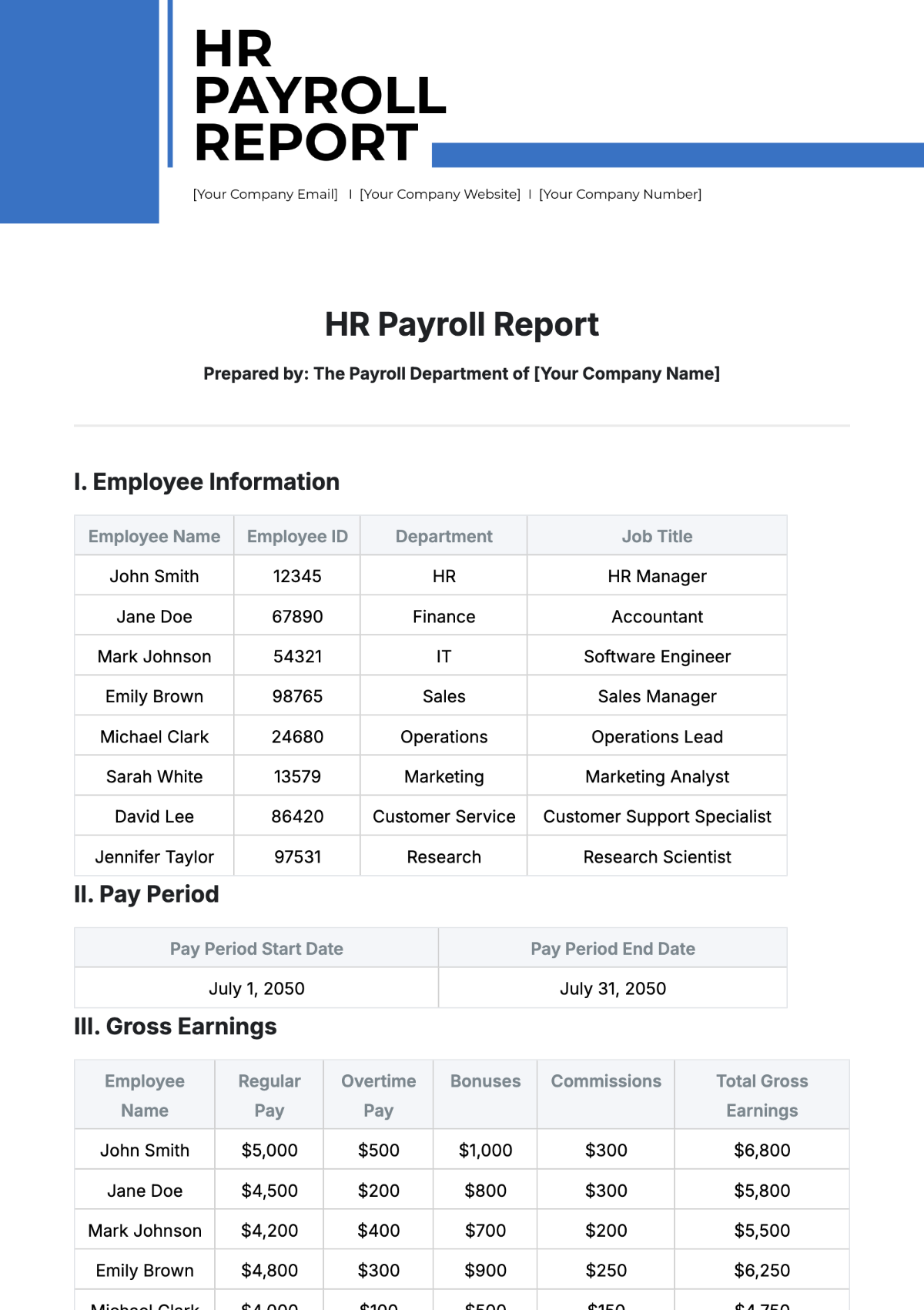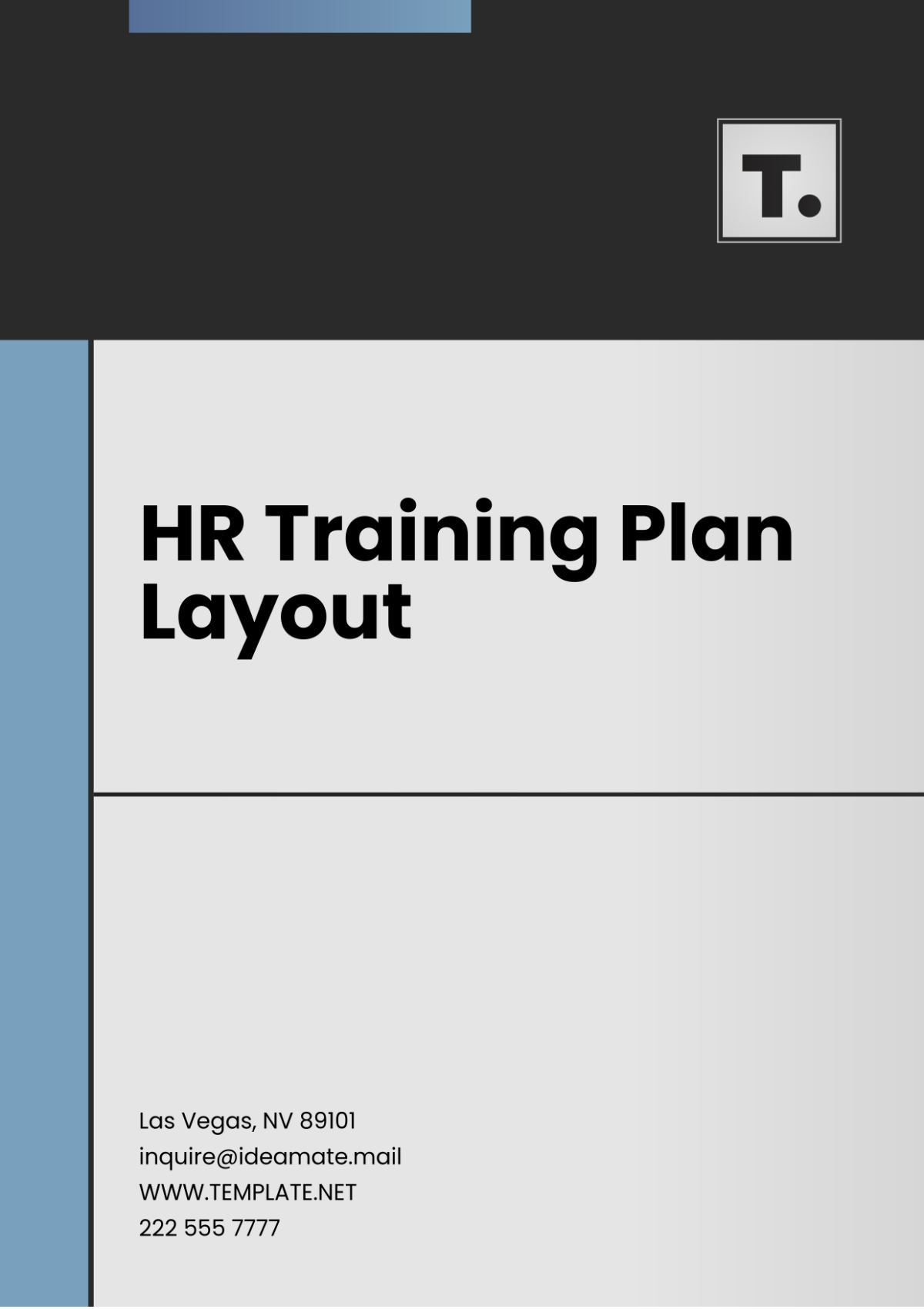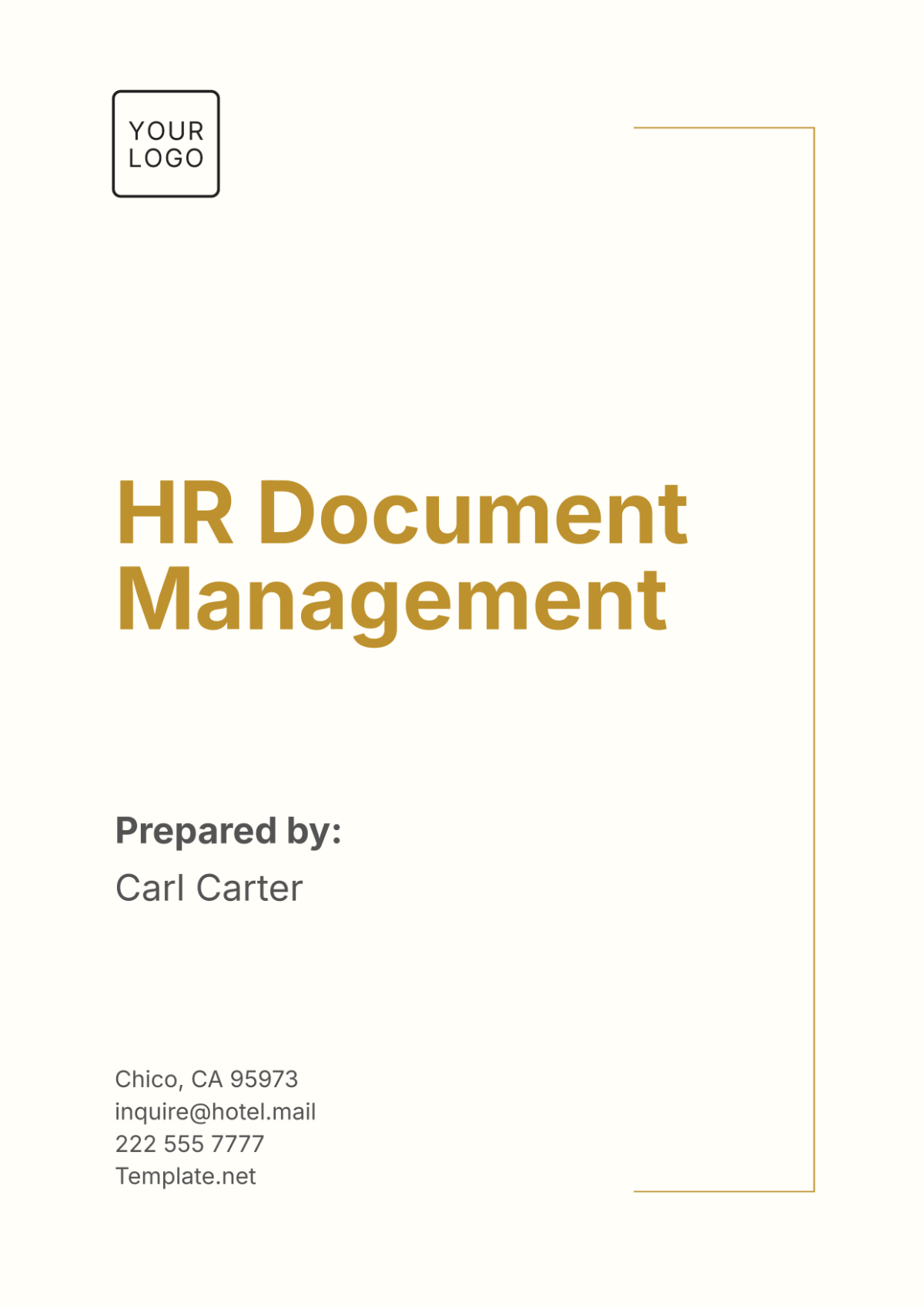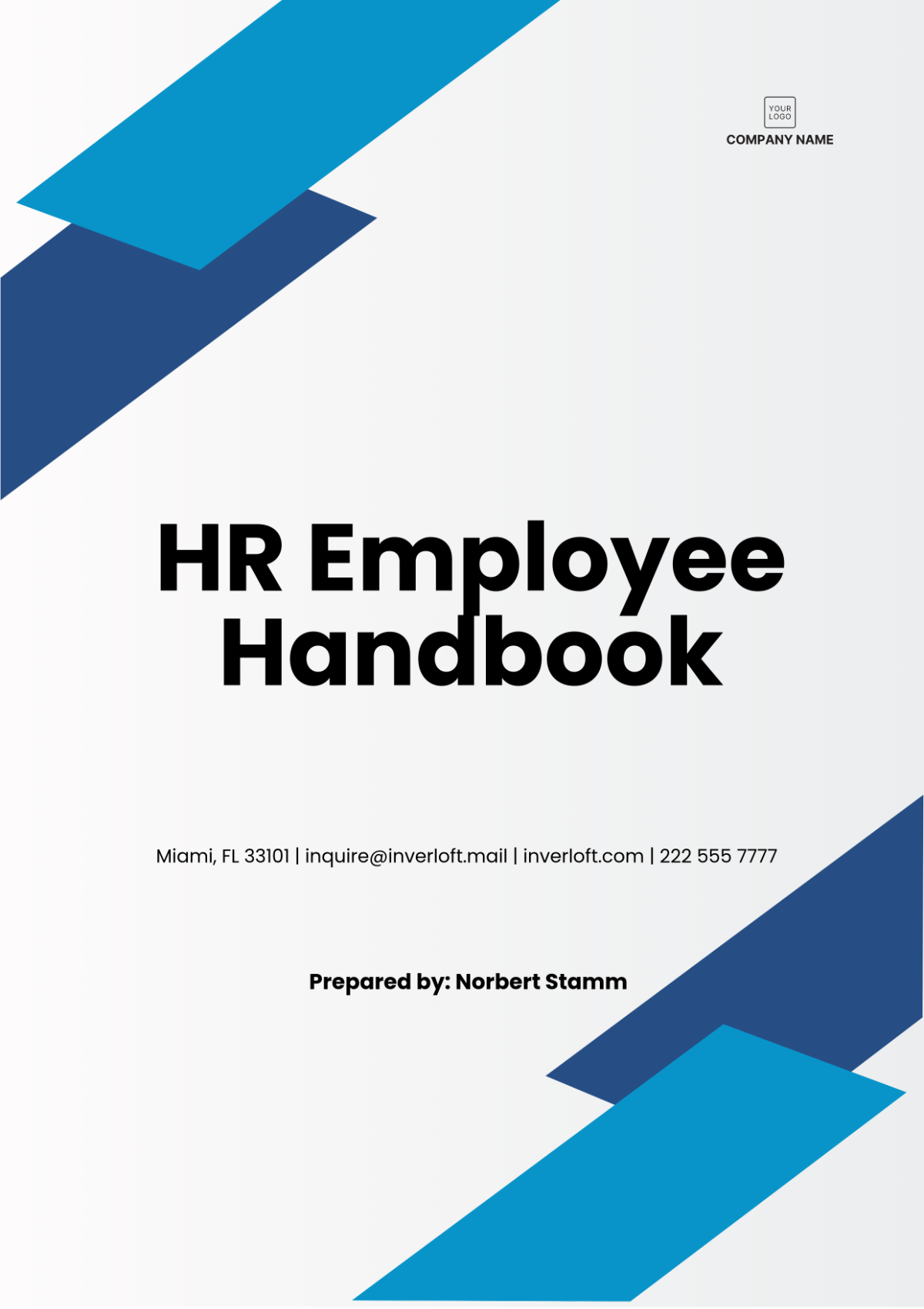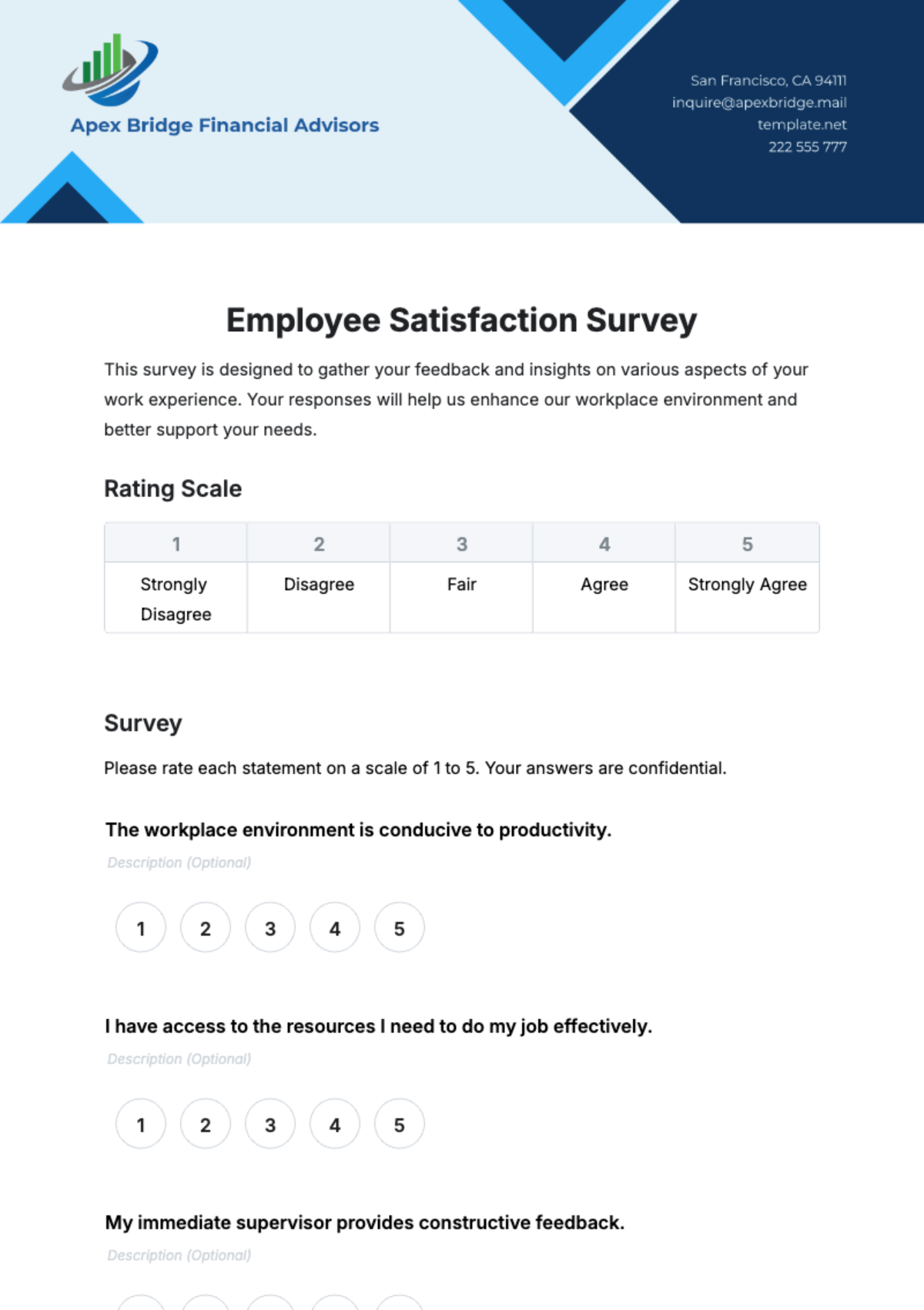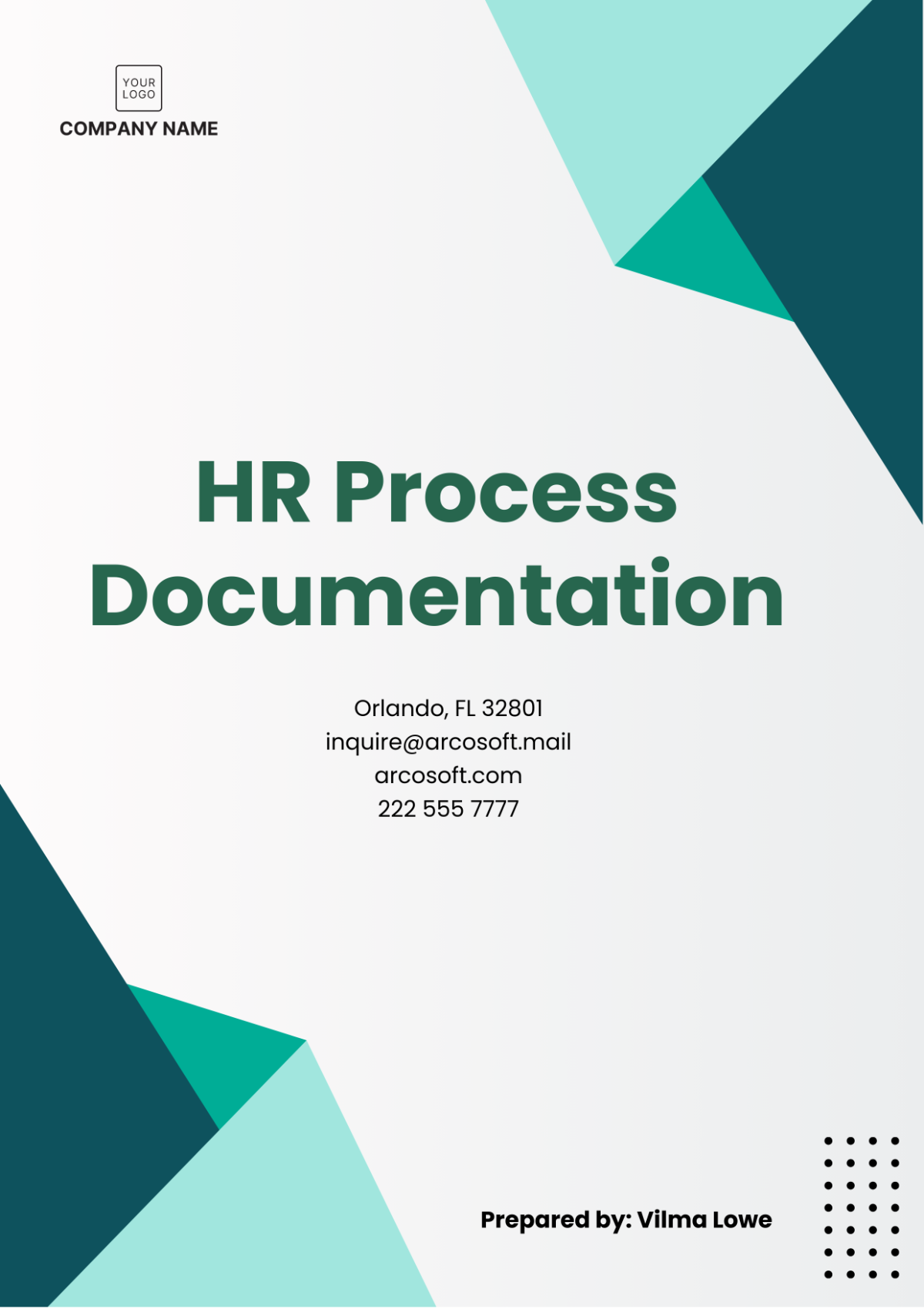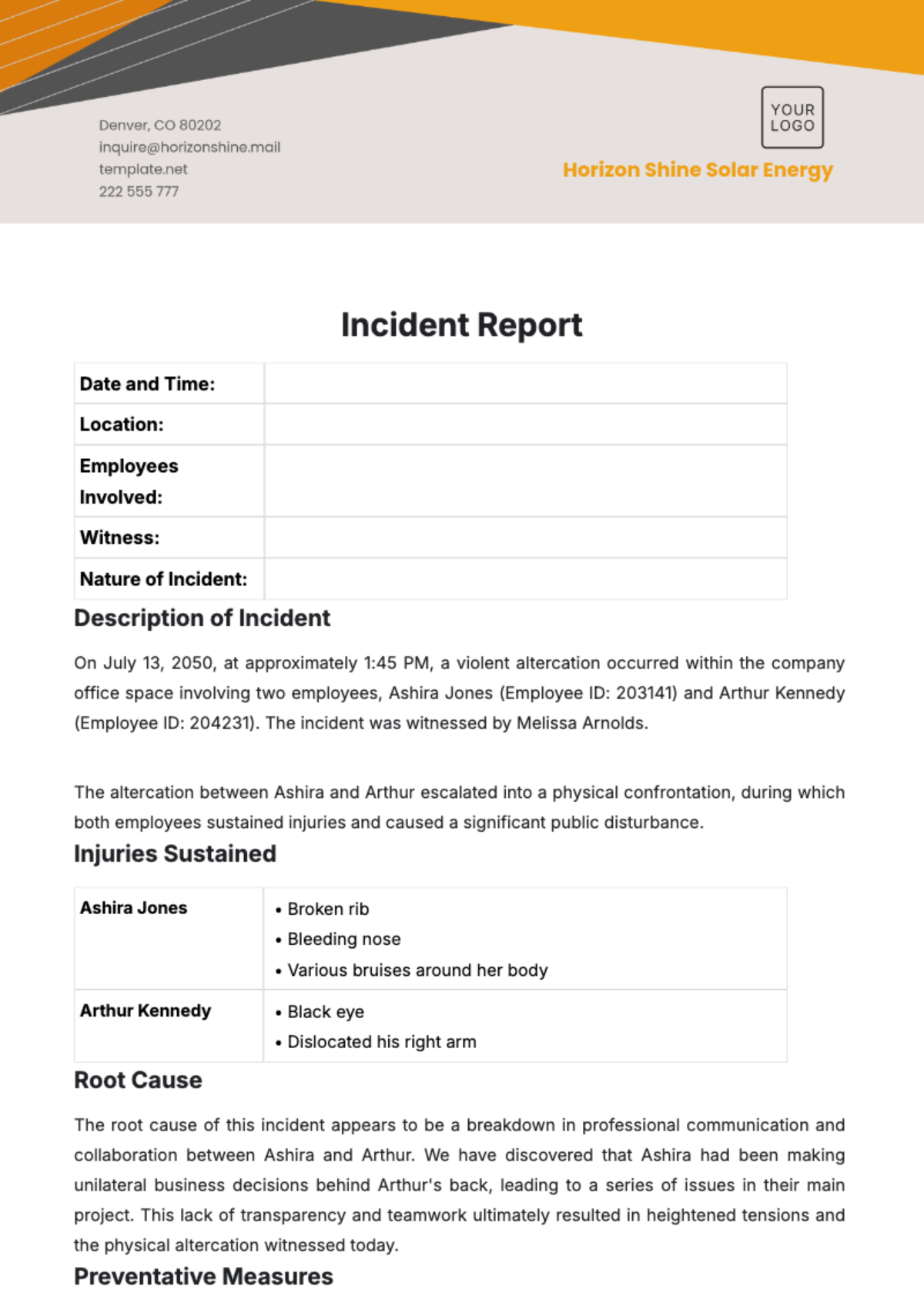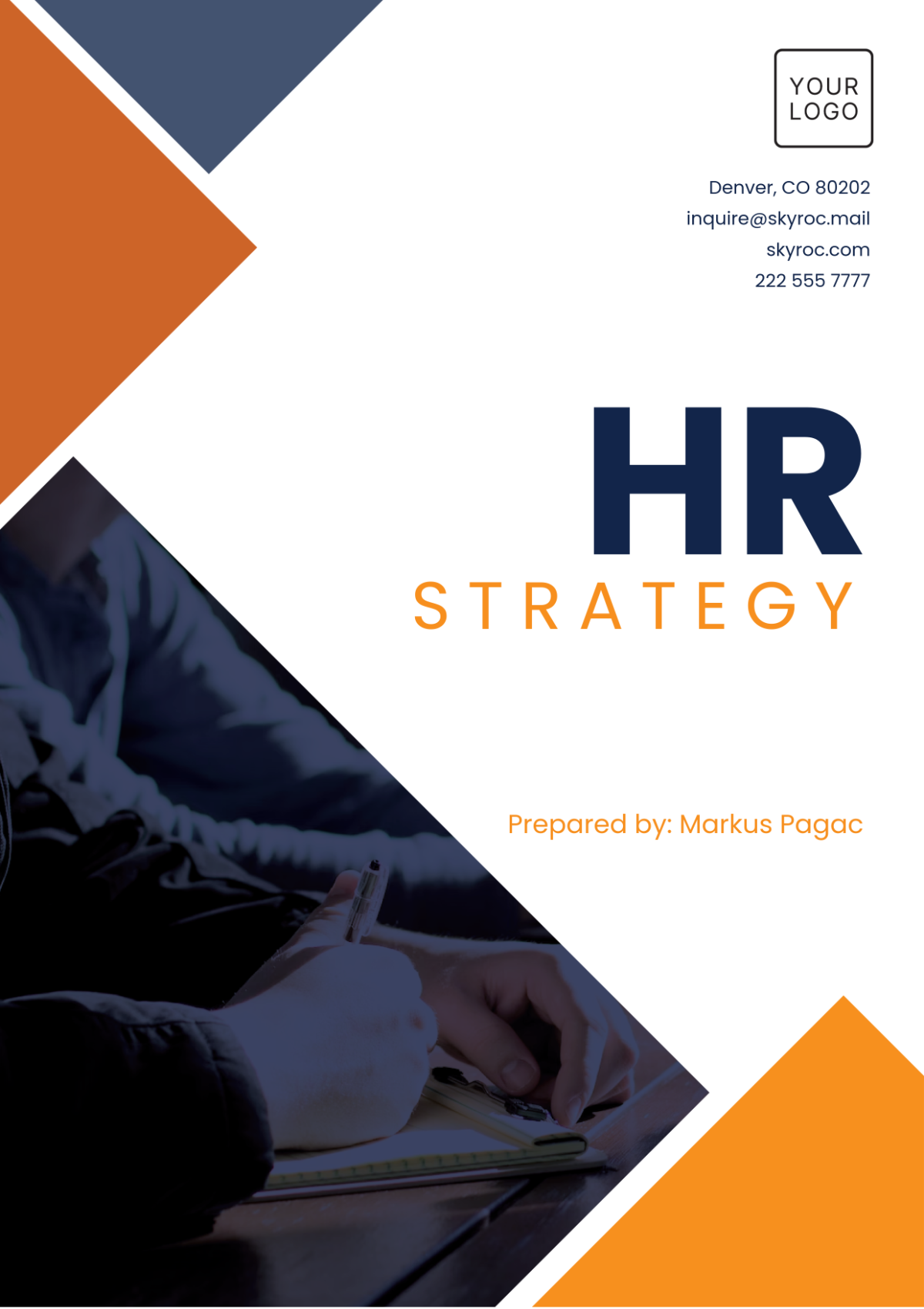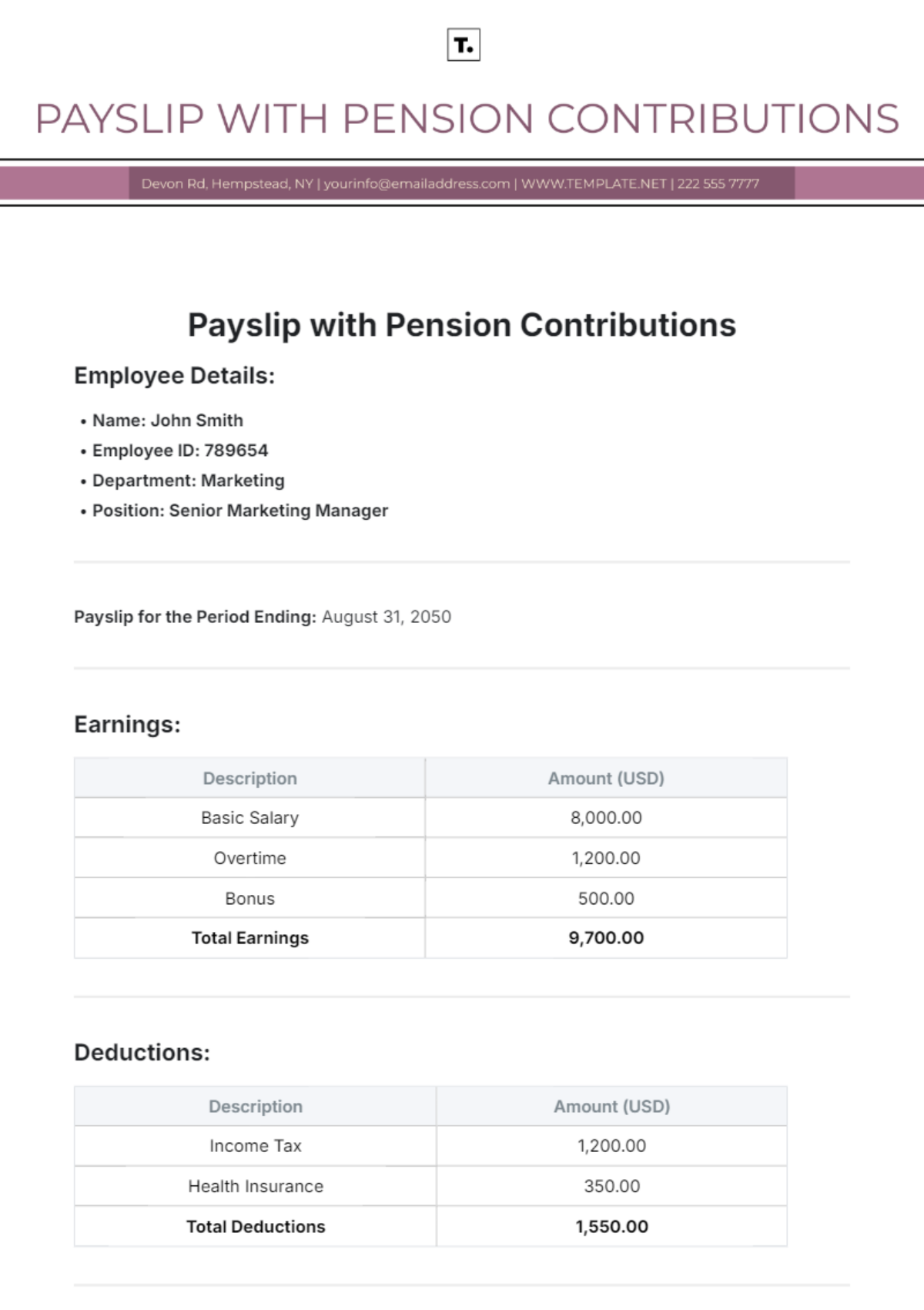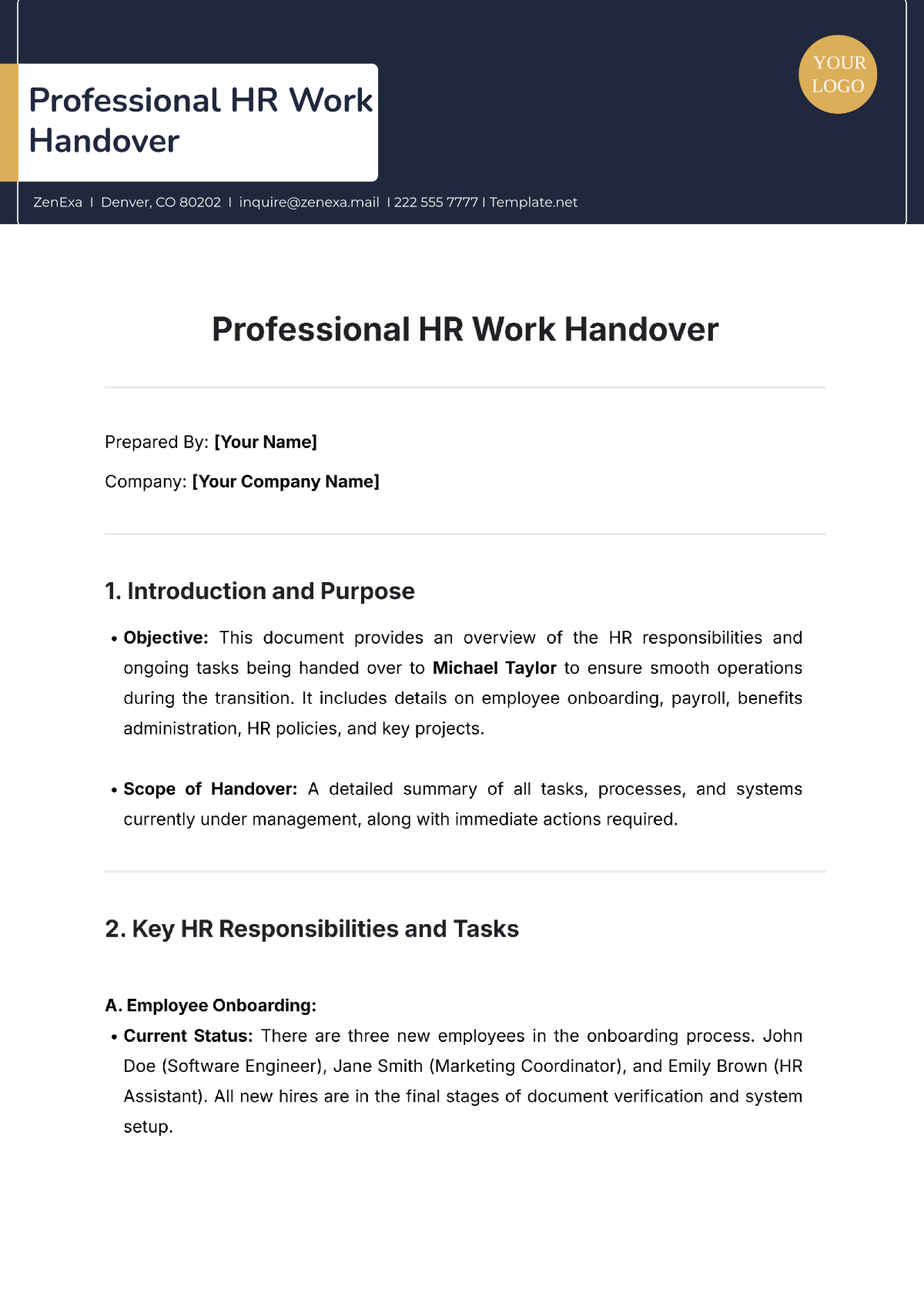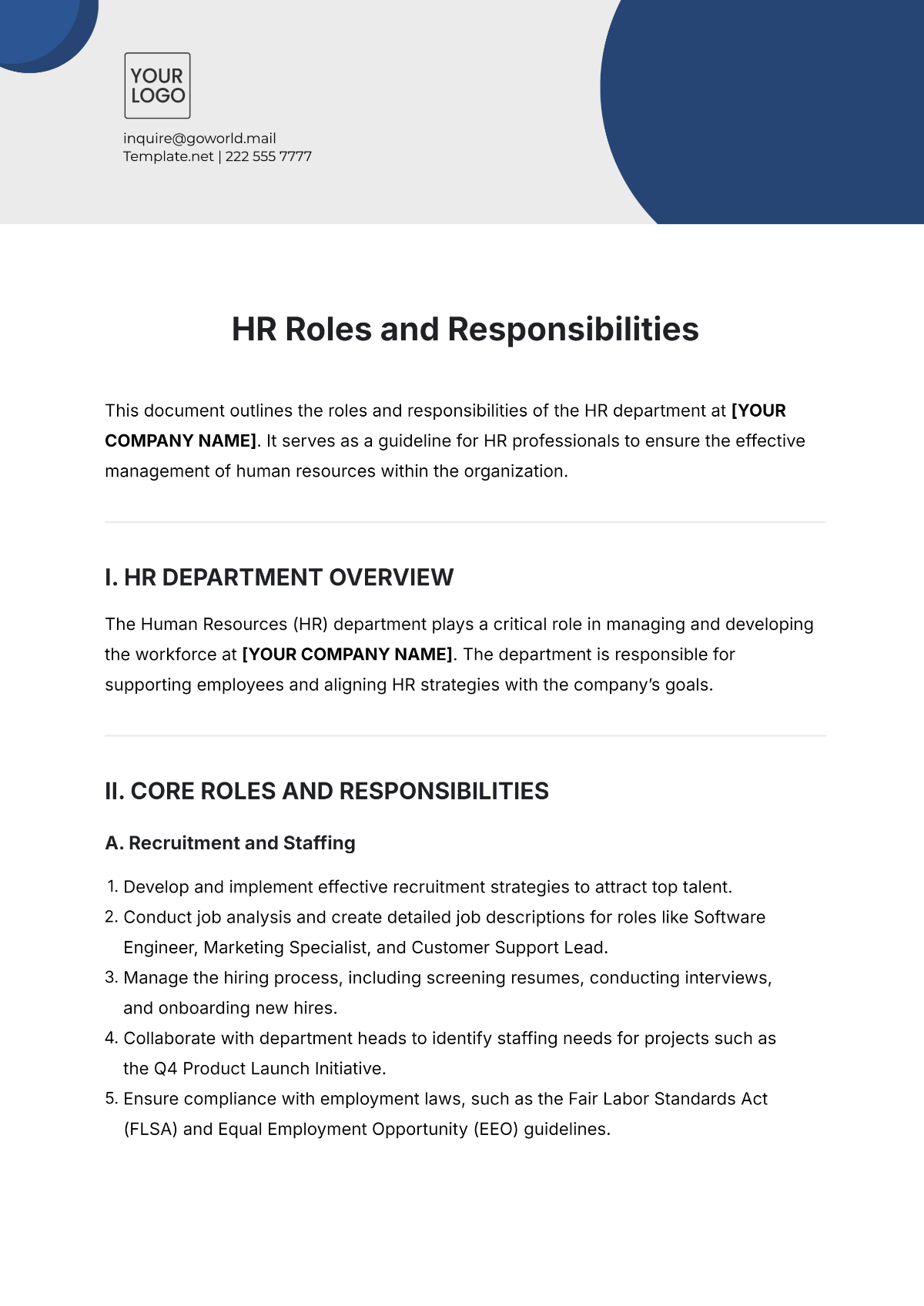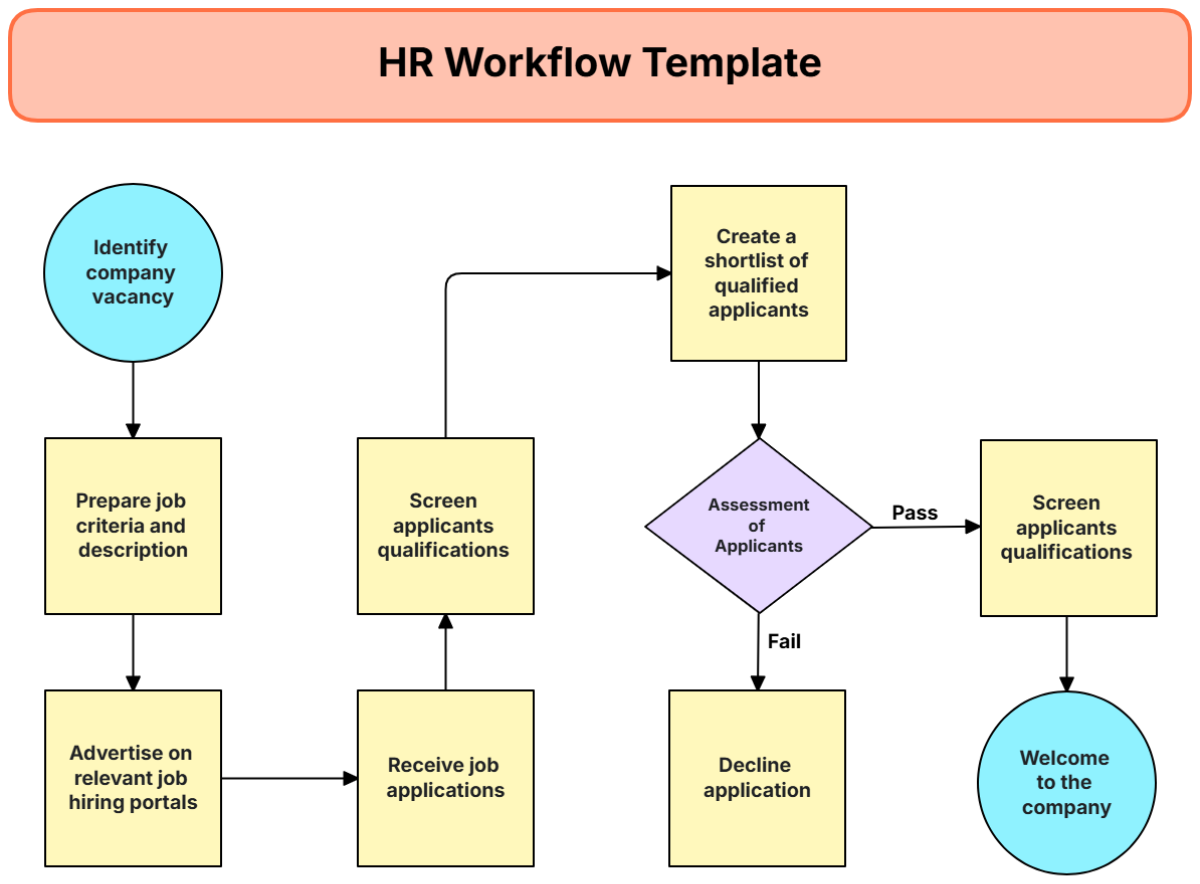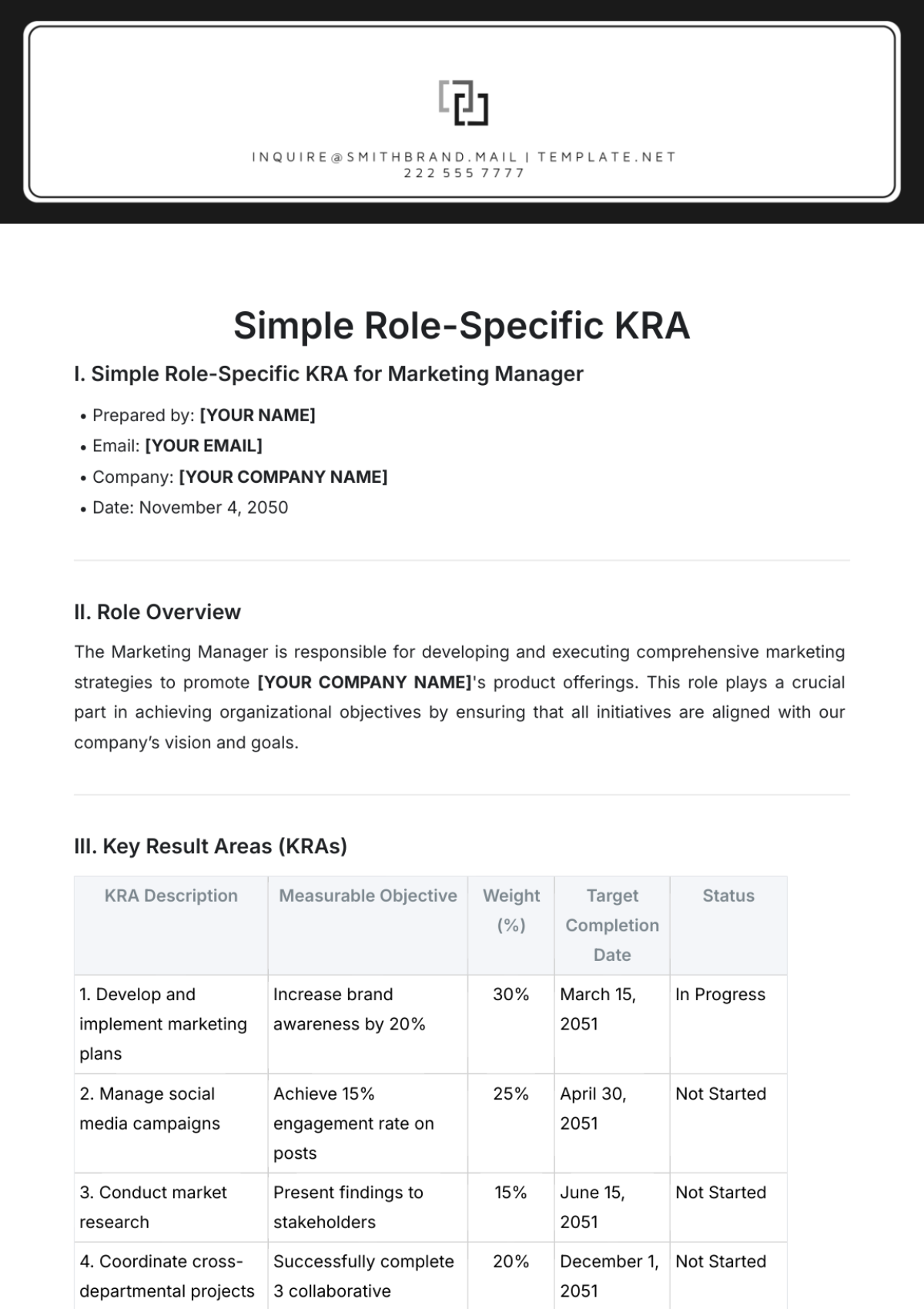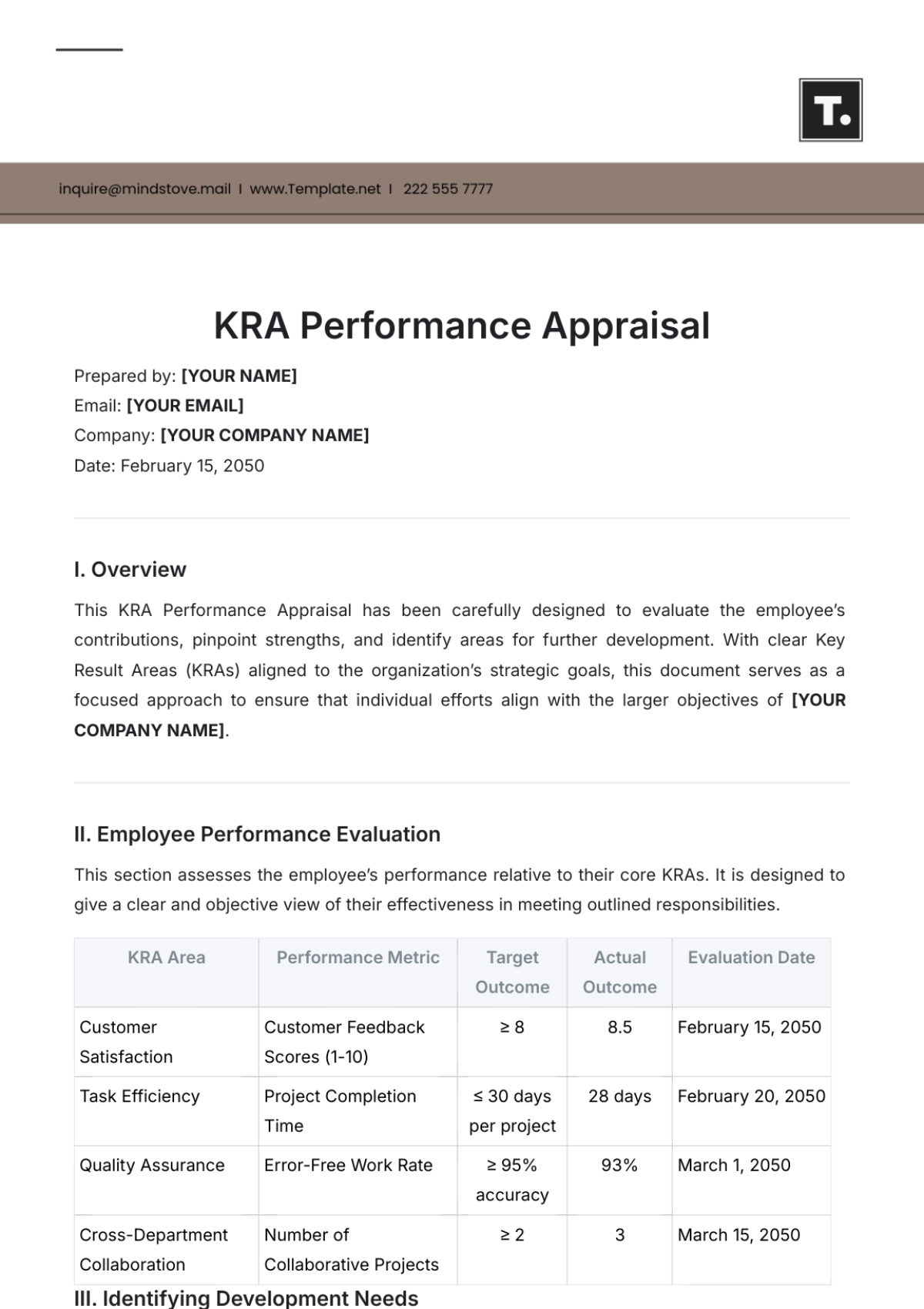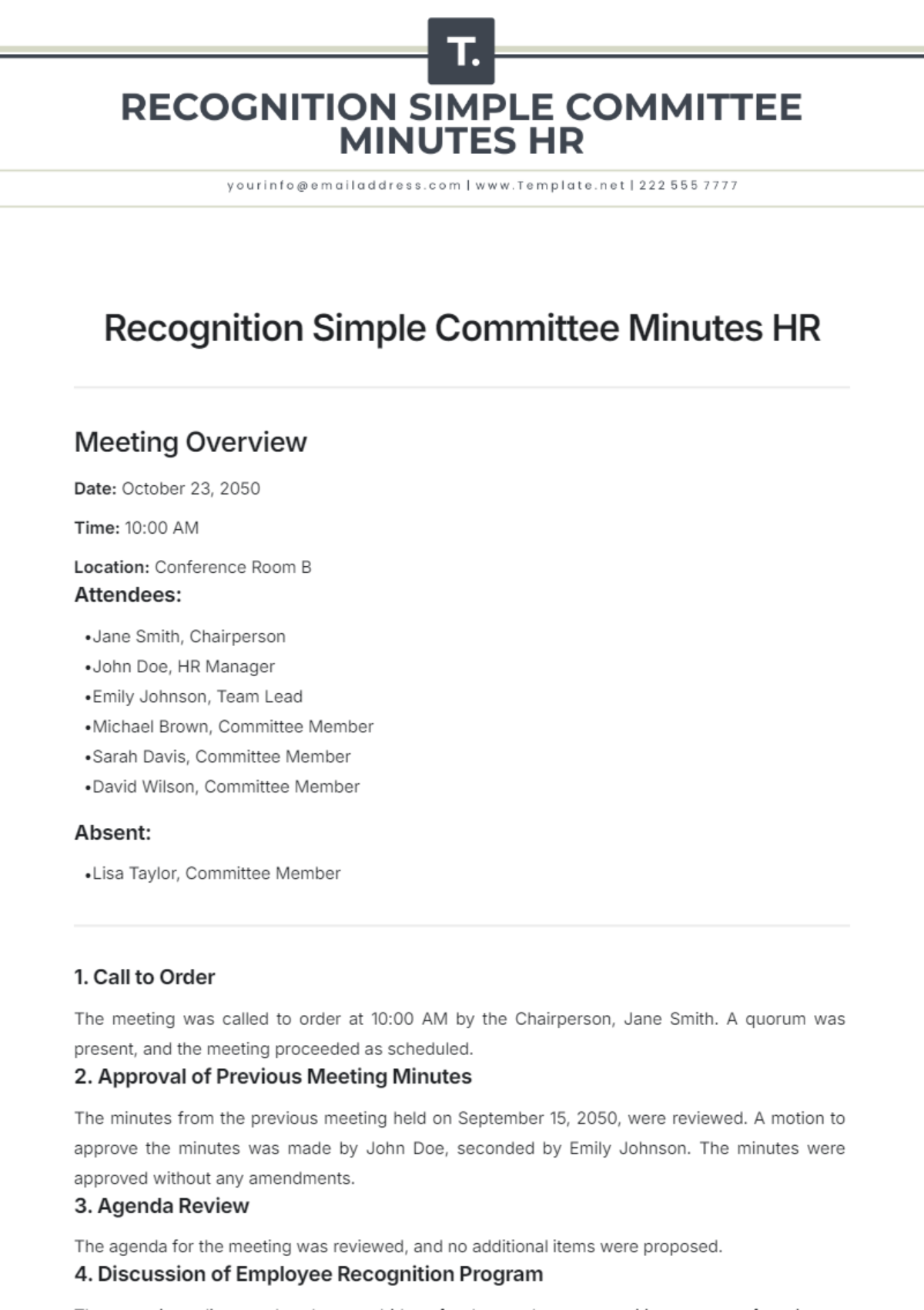Annual Performance Review Guide
TABLE OF CONTENTS
I. INTRODUCTION ..........................................................................................................3
II. PURPOSE OF THE ANNUAL PERFORMANCE REVIEW ...........................................3
III. PREPARING FOR YOUR REVIEW ..............................................................................4
IV. PERFORMANCE REVIEW MEETING .........................................................................4
V. SETTING SMART GOALS FOR THE FUTURE ...........................................................5
VI. PERFORMANCE IMPROVEMENT PLANS (IF NEEDED) .........................................6
VII. STRENGTHS AND AREAS FOR IMPROVEMENT ....................................................7
VIII. CAREER DEVELOPMENT AND ASPIRATIONS ......................................................8
IX. FEEDBACK ON THE REVIEW PROCESS ..................................................................9
X. CONCLUSION AND NEXT STEPS ............................................................................9
Guide Version: 1.0
INTRODUCTION
Welcome to the Annual Performance Review process at [Your Company Name], where we believe that the growth and success of our employees directly contribute to the growth and success of our organization. This annual review is more than just a formal requirement; it's a testament to our commitment to your professional development.
Our mission is to create an environment where each employee feels valued, heard, and empowered to reach their full potential. The Annual Performance Review serves as a pivotal moment in this journey, a chance to acknowledge your achievements, identify areas for improvement, and collaboratively set new objectives for the year ahead.
PURPOSE OF THE ANNUAL PERFORMANCE REVIEW
The Annual Performance Review is a multifaceted process designed to serve the following key purposes:
Feedback: Your performance review offers a dedicated space for open and constructive dialogue between you and your manager. It's an opportunity to receive feedback on your accomplishments and areas where you excel.
Recognition: At [Your Company Name], we deeply appreciate your hard work and dedication throughout the year. This review is a moment to formally recognize your contributions, both big and small, that have driven our collective success.
Development: Growth is a continuous journey, and your review is a milestone on that path. We aim to identify areas where you can further develop your skills, knowledge, and expertise, fostering both personal and professional growth.
Goal Setting: Setting clear, measurable, and attainable objectives is integral to personal and organizational success. During your performance review, you and your manager will collaboratively establish SMART (Specific, Measurable, Achievable, Relevant, Time-bound) goals that align with your role and department.
In essence, the Annual Performance Review represents our commitment to your growth and our belief in the power of regular feedback and communication. It signifies our dedication to providing you with the tools and support needed to flourish in your role and beyond.
As we embark on this review process, we encourage you to approach it with an open mindset, ready to reflect on your achievements and opportunities for improvement. This is a valuable opportunity for self-assessment and a chance to actively participate in shaping your career path.
PREPARING FOR YOUR REVIEW
Preparing for your performance review is a proactive step that empowers you to actively engage in the process. Here are some detailed actions to help you prepare effectively:
Self-Assessment: Take time to reflect on your performance throughout the year. Consider your accomplishments, strengths, and areas where you feel you have excelled. Be honest with yourself about areas that may need improvement. Think about specific instances or projects that showcase your skills and contributions.
Gather Feedback: Seek input from colleagues, peers, and team members. Their perspectives can provide valuable insights into your work. You might ask for feedback on your collaboration, communication, problem-solving abilities, and how you've contributed to team projects. This 360-degree view can help you better understand your impact on the organization.
Review Objectives: Revisit the goals and objectives you set at the beginning of the year. Assess your progress toward achieving them. Reflect on how your work aligns with the company's mission and values. Identify any goals you've met or exceeded, as well as those you may have fallen short on. Consider what contributed to your success or challenges.
Development Plan: Think about your long-term career aspirations and where you see yourself in the organization. Identify skills or areas you'd like to further develop. Whether it's technical expertise, leadership skills, or soft skills like time management or emotional intelligence, having a clear understanding of your growth objectives will be beneficial during your performance review discussion. Consider how your development aligns with the company's future needs.
PERFORMANCE REVIEW MEETING
Your performance review meeting is a collaborative and constructive discussion that aims to provide valuable insights and guide your professional development. Here's a more detailed breakdown of what you can expect during the review meeting:
Discussion: Your manager will initiate a discussion by reviewing your self-assessment and any feedback gathered from colleagues. This is an opportunity for both you and your manager to share thoughts, observations, and insights about your performance. Be open to receiving feedback and use this discussion to clarify any misunderstandings.
Accomplishments: The review meeting is a time to celebrate your achievements and milestones. Your manager will acknowledge and appreciate your contributions. Highlight specific accomplishments, projects, or tasks that went exceptionally well. Discuss how your work positively impacted the team or organization.
Areas for Improvement: It's also a time to address any challenges or areas where improvement is needed. Your manager may provide constructive feedback on areas where you could enhance your performance. This is not criticism but an opportunity to identify ways to grow and develop. Discuss strategies and support that can help you overcome these challenges.
Goal Setting: Collaboratively, you and your manager will set goals for the upcoming year. These goals should be SMART: Specific, Measurable, Achievable, Relevant, and Time-bound. Goals should align with your role, department, and the broader company objectives. Discuss how these goals tie into your professional growth and development plan.
SETTING SMART GOALS FOR THE FUTURE
Clear and well-defined goals are essential for personal and professional growth. During your performance review, you and your manager will collaboratively establish SMART goals. These goals are Specific, Measurable, Achievable, Relevant, and Time-bound, providing a clear roadmap for your progress.
SMART GOAL | EXPLANATION | EXAMPLE |
Specific: | Clearly define the goal. | Improve customer satisfaction scores by 10 points. |
Measurable: | Identify how to measure success. | Conduct monthly customer surveys and track scores. |
Achievable: | Ensure the goal is realistic and attainable | Dedicate 2 hours per week to customer feedback. |
Relevant: | Ensure the goal aligns with your role and company objectives. | Enhance customer service in line with our mission. |
Time-bound: | Set a timeframe for achieving the goal | Achieve this improvement within the next six months. |
Example SMART Goals for Next Year:
Specific: Enhance cross-functional collaboration within the team by organizing bi-monthly knowledge-sharing sessions.
Measurable: Increase your quarterly sales targets by 15% compared to the previous year, tracked through CRM data.
Achievable: Obtain a relevant certification in your field by dedicating 2 hours a day to online courses.
Relevant: Improve coding efficiency to reduce project delivery time, aligning with the company's goal of delivering quality products faster.
Time-bound: Launch a new product feature by Q2 Next Year, ensuring it aligns with market demand and customer feedback.
PERFORMANCE IMPROVEMENT PLANS (IF NEEDED)
In some instances, if there are specific performance concerns, a Performance Improvement Plan (PIP) may be initiated. A PIP is a structured process designed to support employees in addressing identified performance gaps. The plan outlines clear expectations, actions, and timelines to help employees improve their performance.
When is a PIP Necessary?
A PIP may be initiated when:
There are consistent performance issues or deviations from established standards.
An employee has not met the goals set in previous performance reviews.
Specific areas requiring improvement have been identified.
Elements of a PIP:
A typical PIP includes:
Performance Concerns: Clear identification of the performance areas that need improvement.
Action Plan: Detailed steps, resources, and support needed to address performance issues.
Timelines: Specific deadlines for achieving improvement milestones.
Monitoring and Feedback: Regular check-ins to assess progress and provide feedback.
Support and Resources: Access to necessary training, mentorship, or resources.
Consequences: If performance does not improve, the potential consequences may be discussed.
Example PIP Goals:
If a PIP is initiated, your manager will work closely with you to outline the plan. For instance:
Performance Concern: Consistent delays in project delivery.
Action Plan: Attend time management training, set project milestones, and use productivity tools.
Timelines: Improve project delivery times by 20% within the next three months.
Monitoring and Feedback: Monthly check-ins to track progress and provide guidance.
Support and Resources: Access to time management courses and mentoring from a senior colleague.
Consequences: If performance does not improve as agreed upon, further steps may be taken.
Remember, a PIP is a constructive tool aimed at helping employees enhance their performance and achieve their goals. It's a collaborative effort between you and your manager to facilitate your professional development.
STRENGTHS AND AREAS FOR IMPROVEMENT
STRENGTHS | AREAS FOR IMPROVEMENT |
|
|
Strengths:
Strong Leadership Skills: Throughout the year, you've demonstrated exceptional leadership by consistently guiding your team towards success. Your ability to inspire and motivate your colleagues is commendable and has positively impacted our projects.
Exceptional Problem-Solving Abilities: Your problem-solving skills have been instrumental in overcoming complex challenges, enabling us to find innovative solutions that have improved our processes.
Excellent Communication in Team Meetings: Your contributions in team meetings have been consistently clear and valuable. You excel at articulating ideas, fostering collaboration, and ensuring everyone is on the same page.
Consistently Meets Project Deadlines: Your commitment to meeting project deadlines has been remarkable. This reliability has contributed to our team's overall success.
Areas for Improvement:
Time Management: There have been instances where managing time efficiently proved challenging. Focusing on prioritization and time allocation will help in achieving even better results.
Delegation Skills: Enhancing your ability to delegate tasks effectively can help you free up time for more strategic responsibilities and provide growth opportunities for team members.
Project Planning: Improving project planning, particularly in terms of setting realistic timelines and contingencies, will contribute to smoother project execution.
Conflict Resolution Skills: While your communication skills are strong, there's room for growth in conflict resolution. Developing strategies to address conflicts constructively will be beneficial.
CAREER DEVELOPMENT AND ASPIRATIONS
Discussing your long-term career aspirations and how they align with your current role and the company's goals is crucial. This section allows us to explore opportunities for your growth within the organization.
Short-term Goals:
Skill Development: In the short term, consider acquiring advanced certification in different relevant areas. This will enhance your capabilities in your current role and provide new perspectives.
Leadership: Within the next year or two, taking the lead on a cross-functional project would be a valuable experience to further develop your leadership skills.
Performance Improvement: Aim to increase your productivity by 15% within the next quarter by refining your time management and project planning skills.
Long-term Goals:
Leadership Role: Over the next five years, working towards a leadership position aligns with your demonstrated leadership potential.
Professional Development: Continuously expanding your expertise will position you as a recognized expert in the field, making you an invaluable asset to our organization.
Mentorship: As you progress, consider mentoring and guiding junior employees. Sharing your knowledge and experience will not only benefit them but also contribute to your personal growth.
FEEDBACK ON THE REVIEW PROCESS
We highly value your feedback on the performance review process as it helps us continuously improve and refine our approach. Your input ensures that the process remains effective, fair, and supportive. Please take a moment to share your thoughts:
Strengths of the Review Process:
Transparency: Appreciate the transparency in goal-setting and performance evaluation.
Constructive Feedback: Found the feedback from my manager to be valuable and constructive.
Alignment with Career Goals: Liked how the review encouraged me to think about my career path and goals.
Regular Check-Ins: Found the regular check-ins throughout the year beneficial in tracking progress.
Areas for Improvement:
Timeliness: Suggest ensuring that performance reviews are conducted promptly to maintain their effectiveness.
Documentation: Consider providing clearer guidelines for documenting performance throughout the year.
More Training Opportunities: Would appreciate additional training resources for skill development.
Inclusivity: Encourage involving employees in goal-setting and development planning.
Your feedback is invaluable, and we will take it into account as we work to enhance the performance review process for the upcoming year.
CONCLUSION AND NEXT STEPS
Your Annual Performance Review is not just a one-time event; it's part of an ongoing dialogue about your growth and development. After your review meeting:
Documentation: Your manager will provide you with a summary of the discussion and agreed-upon goals.
Feedback: We encourage you to provide feedback on the review process to help us continuously improve.
Continuous Learning: Engage in ongoing professional development and seek support when needed.
